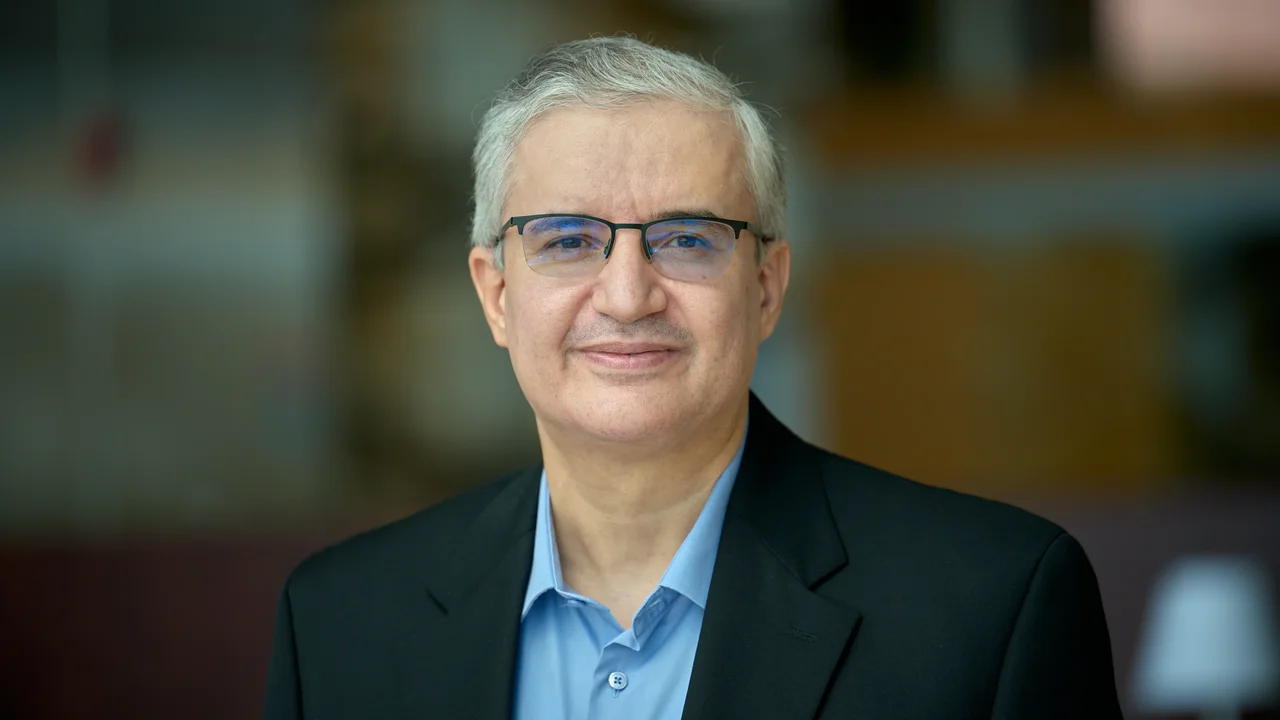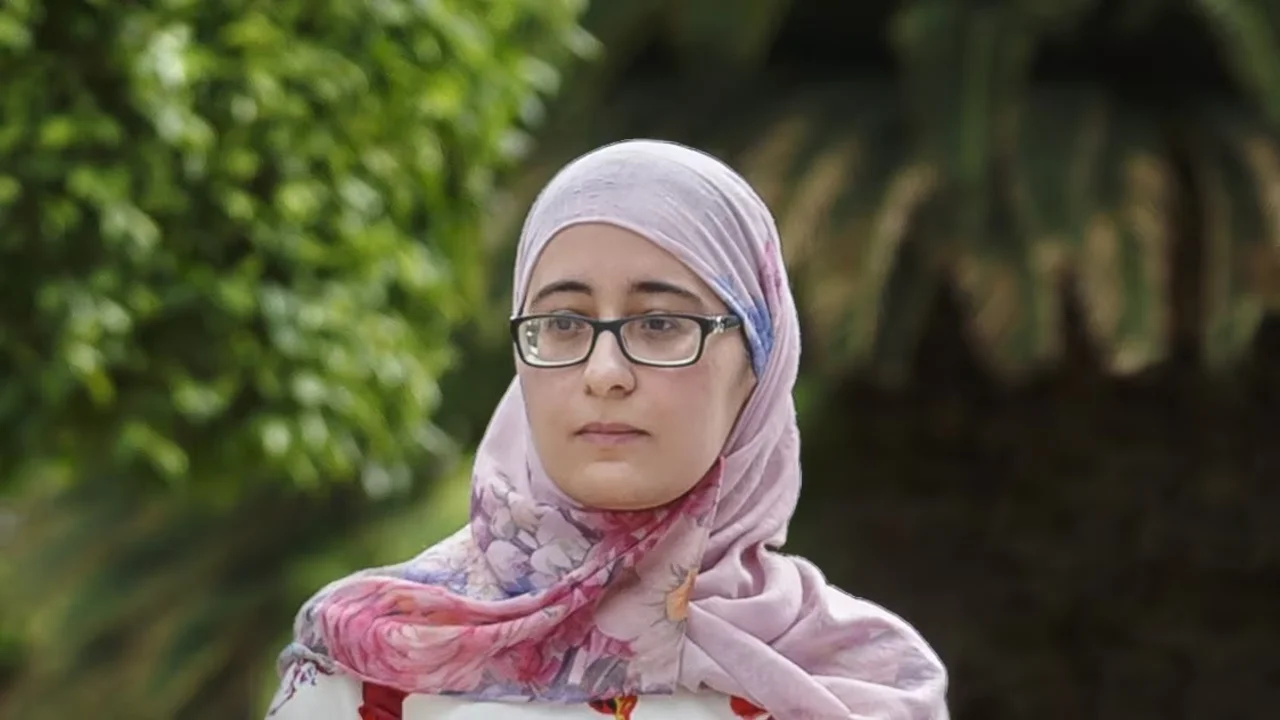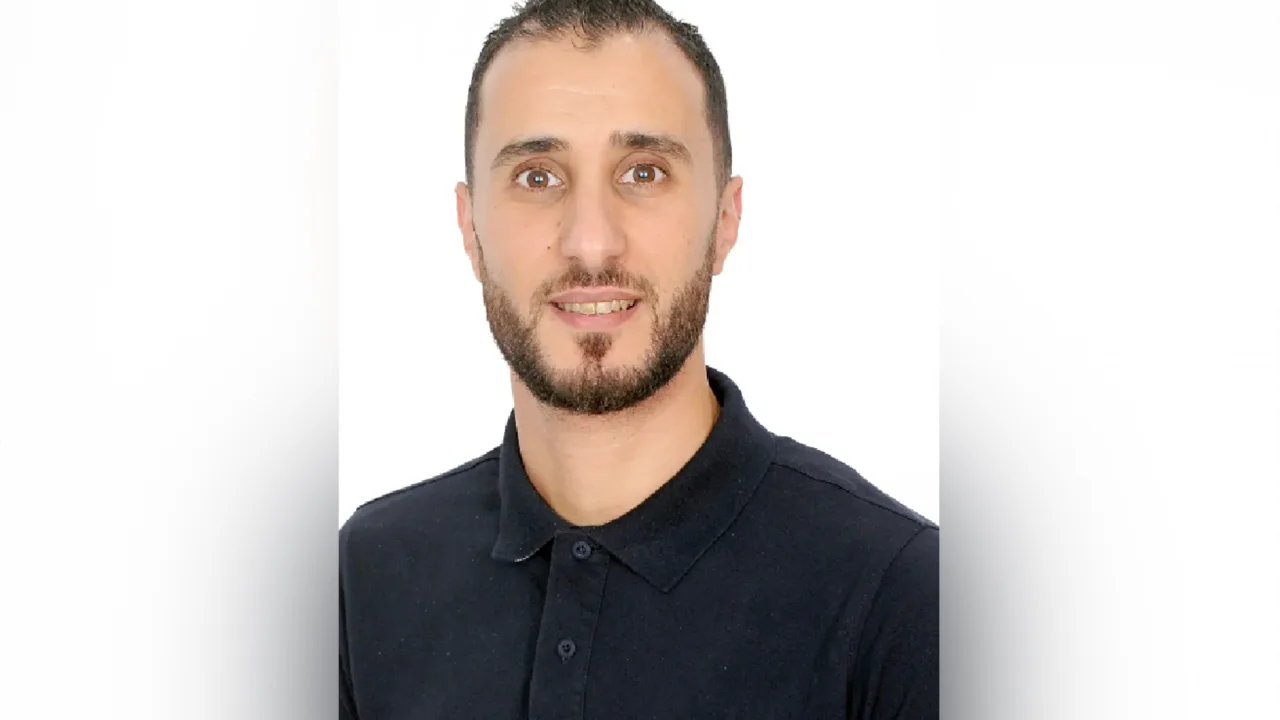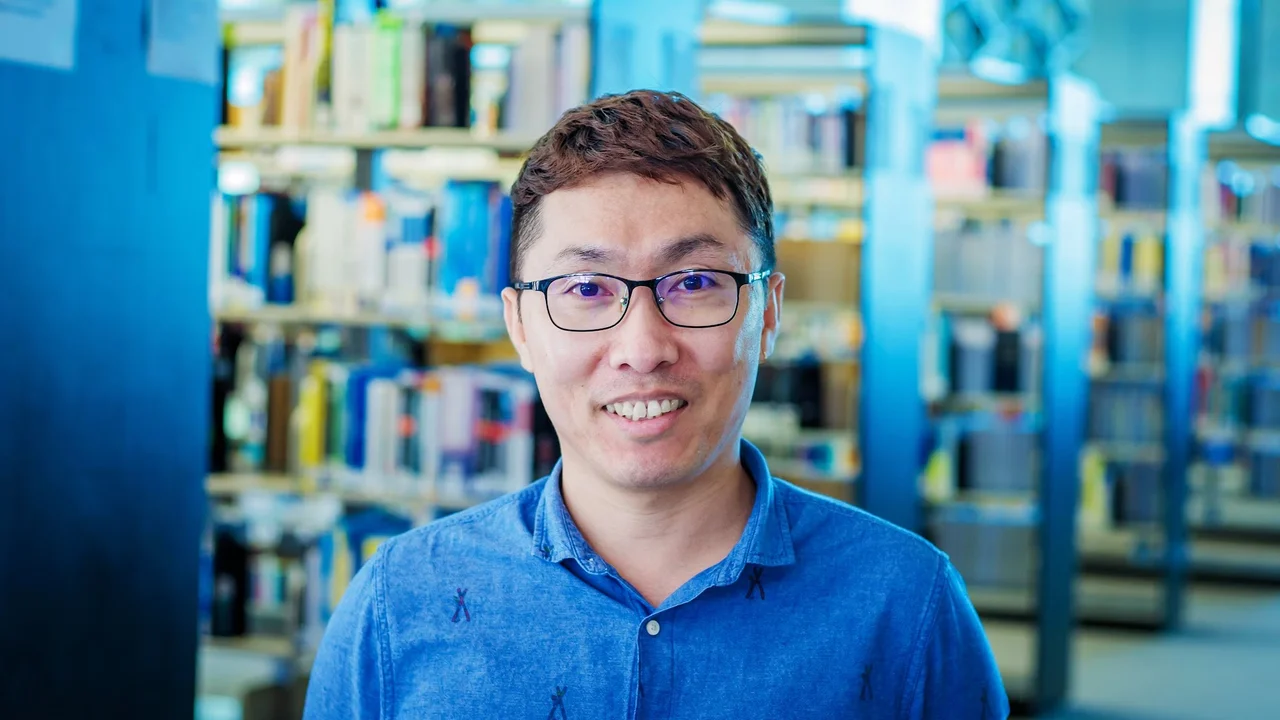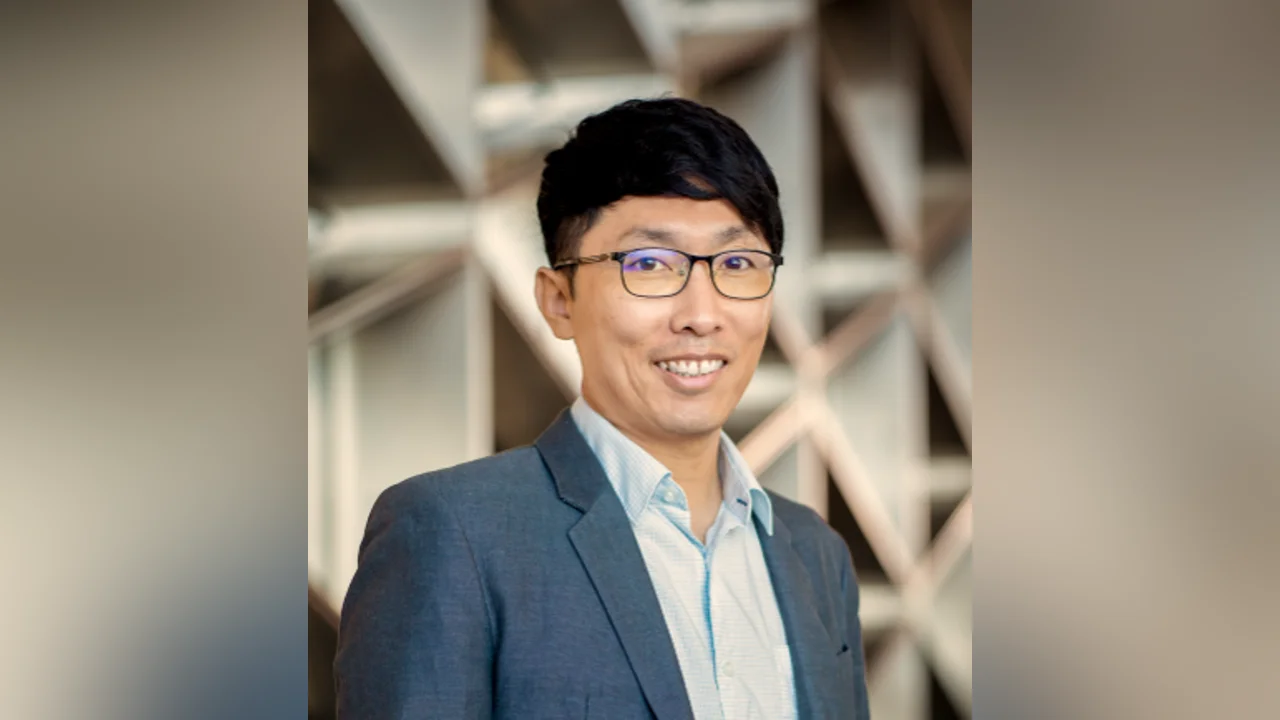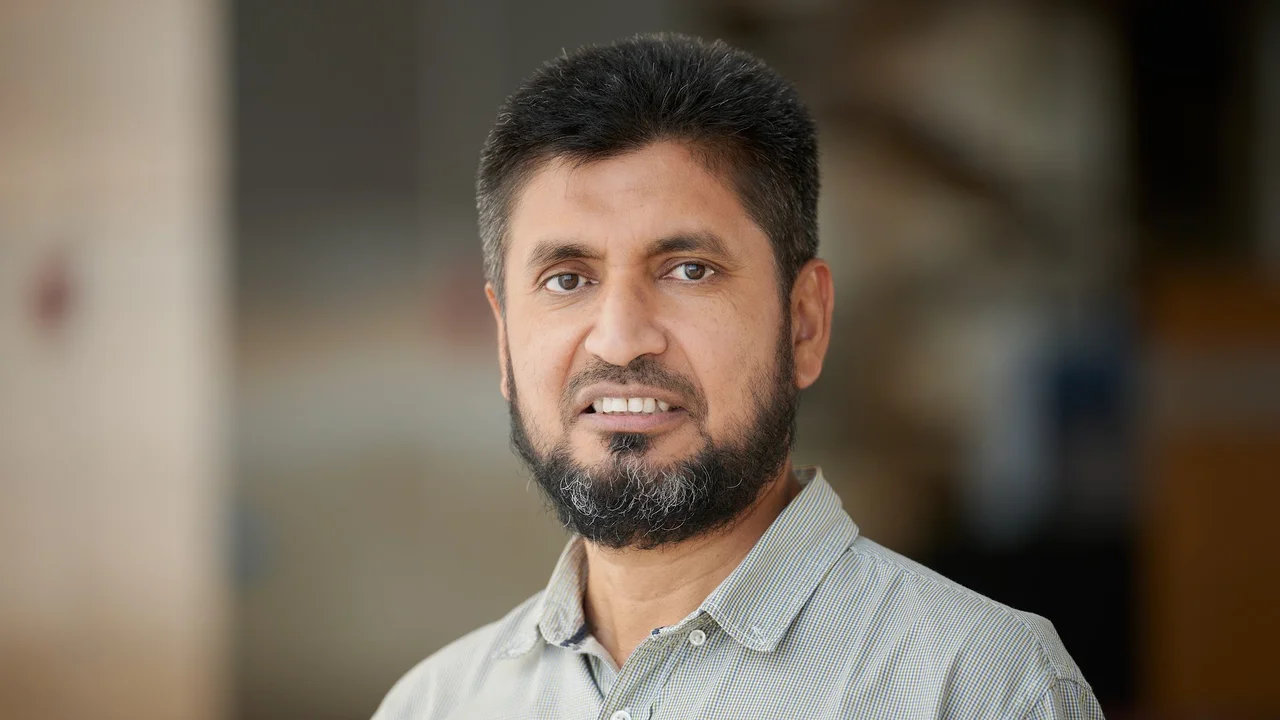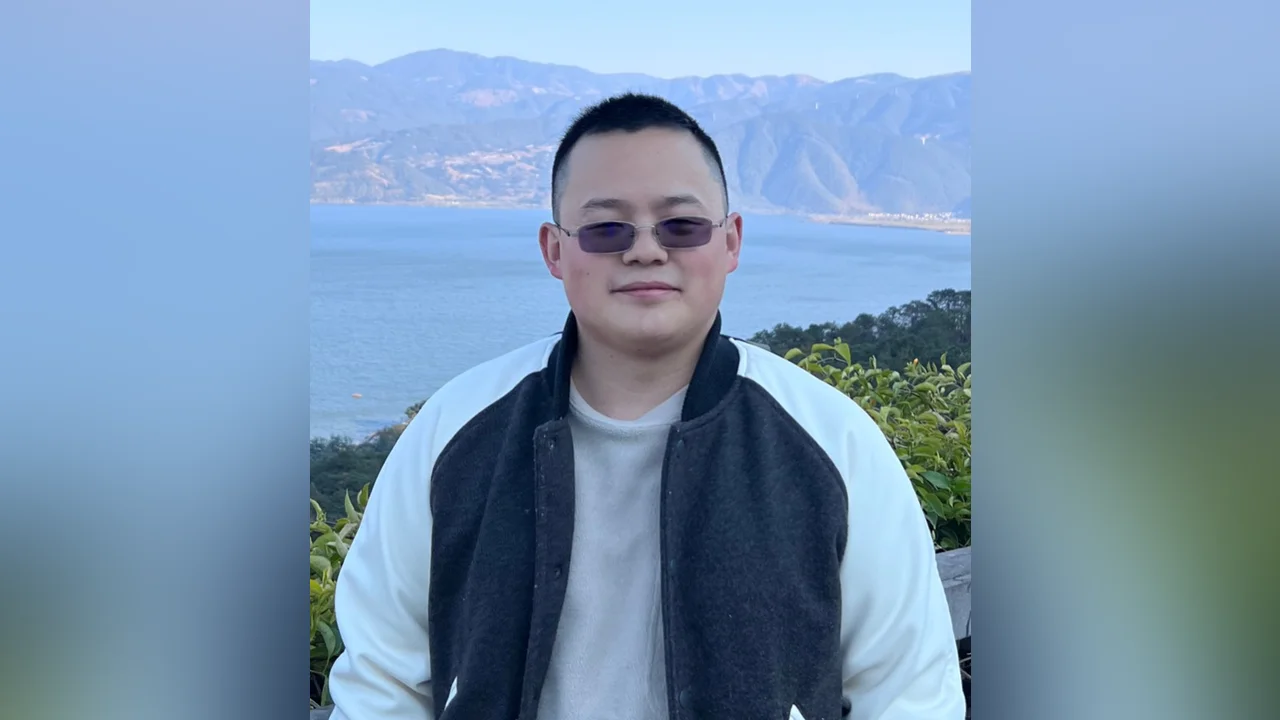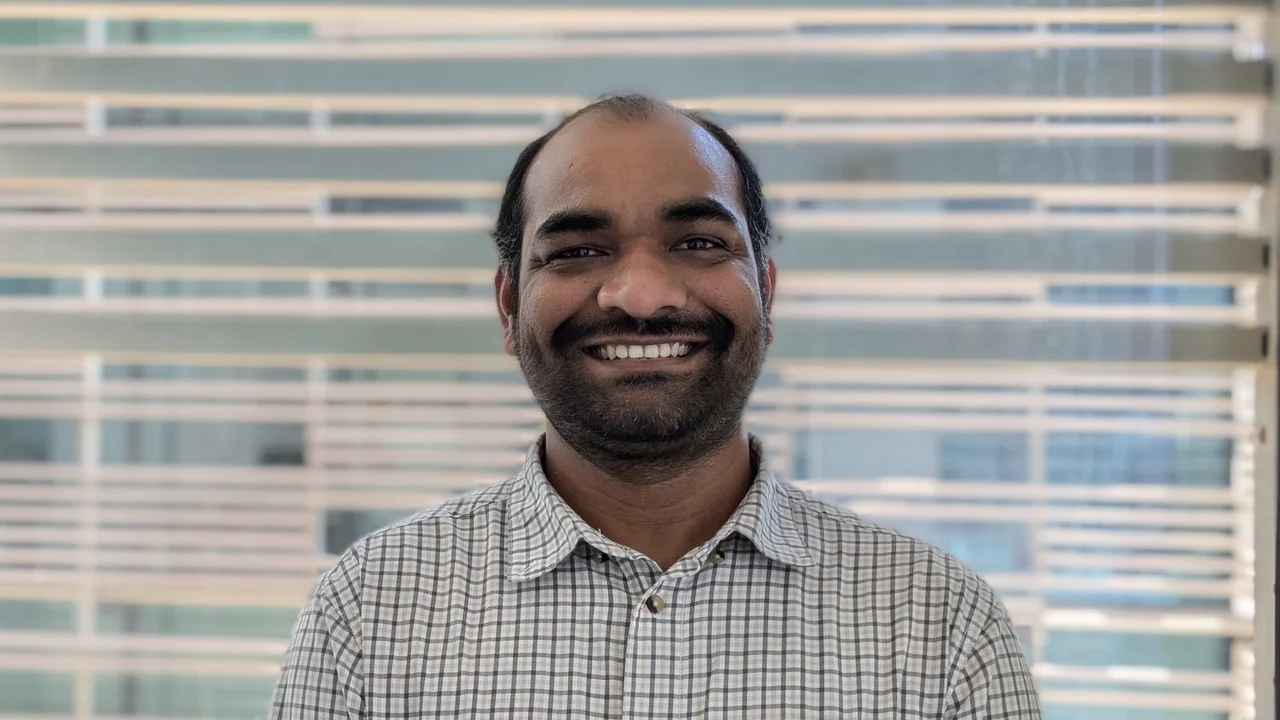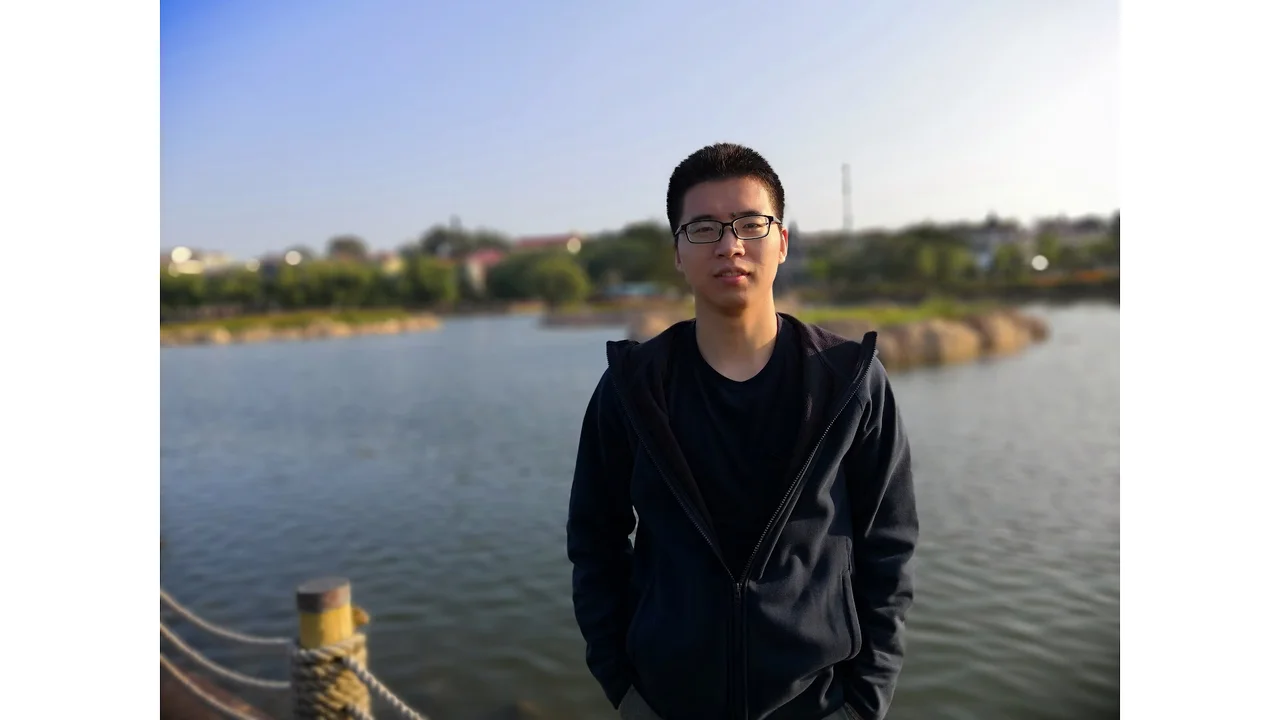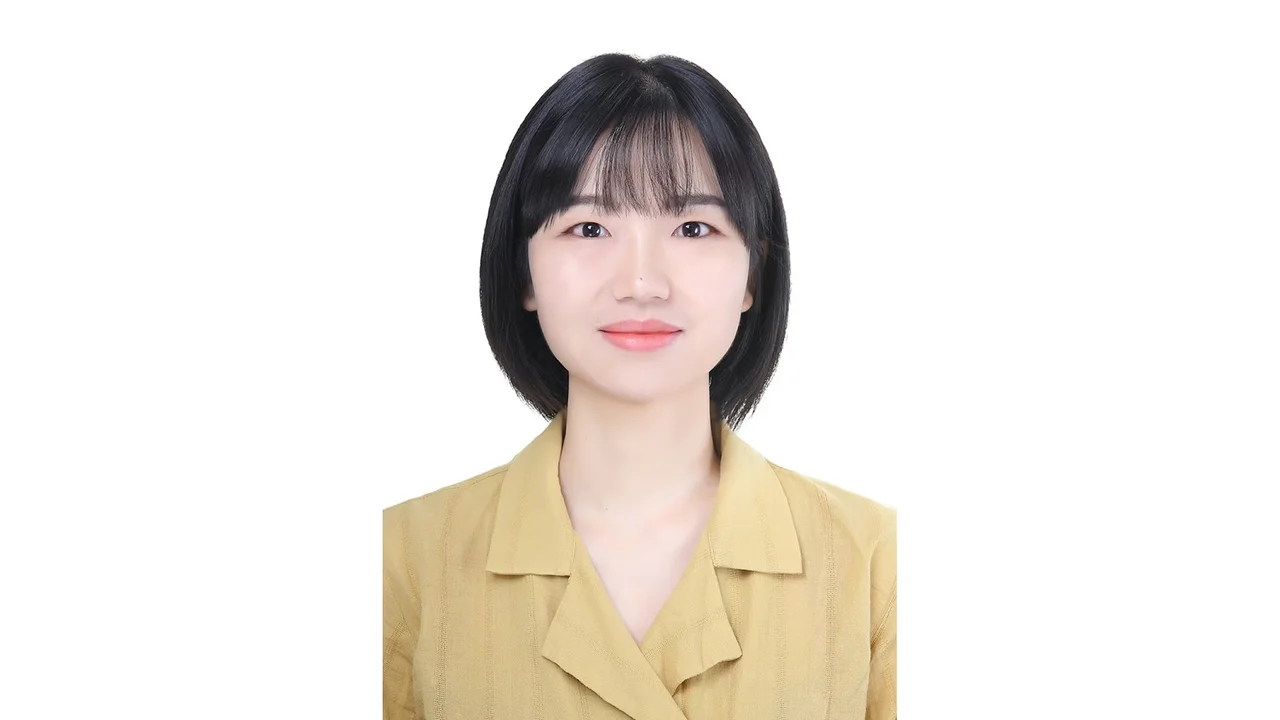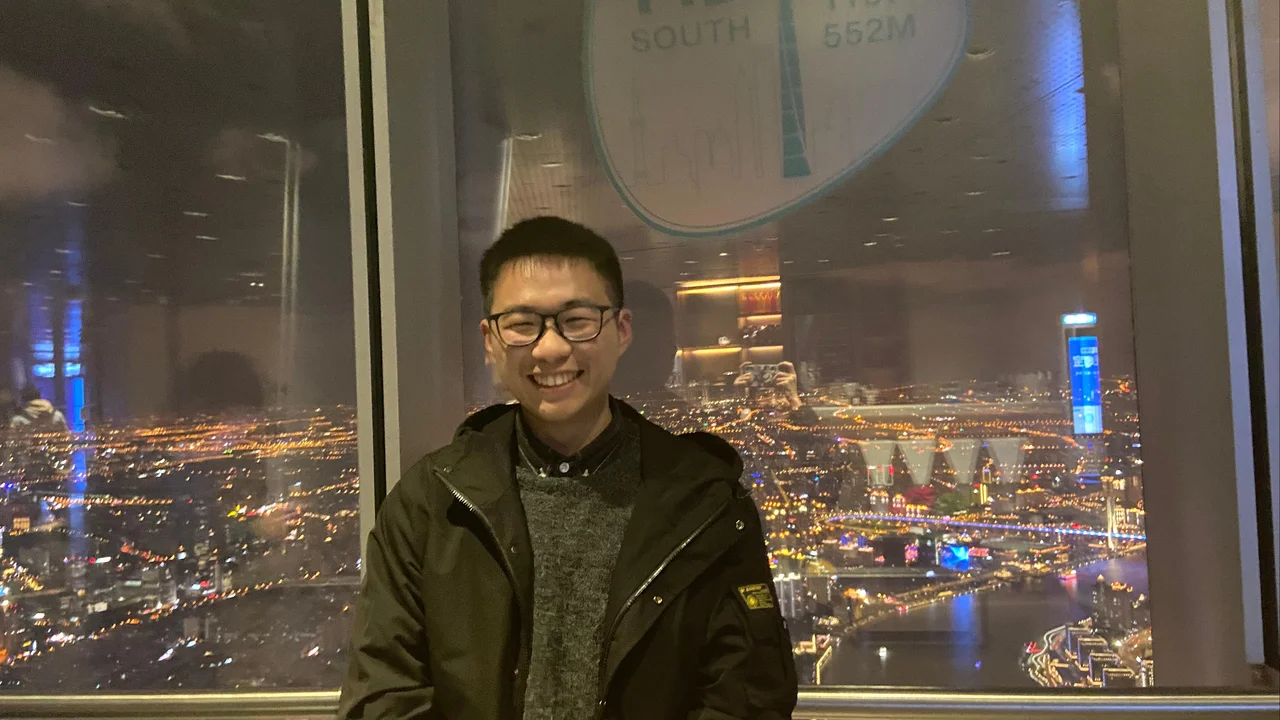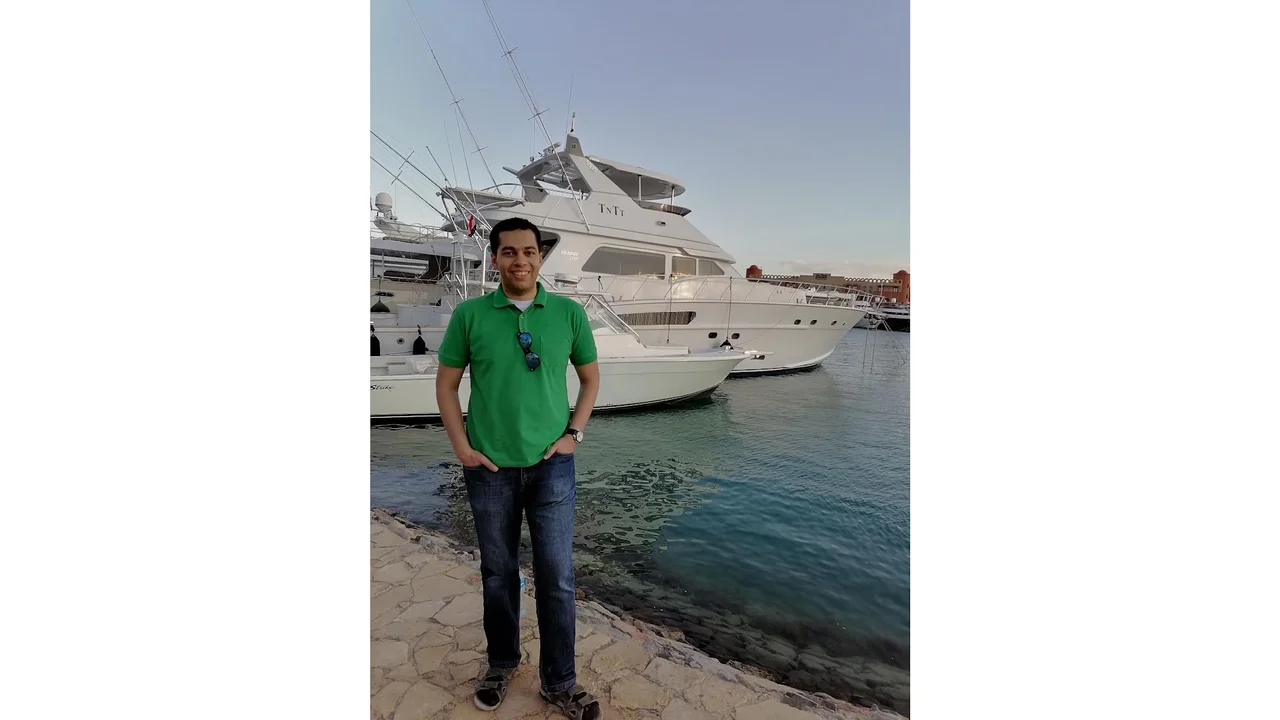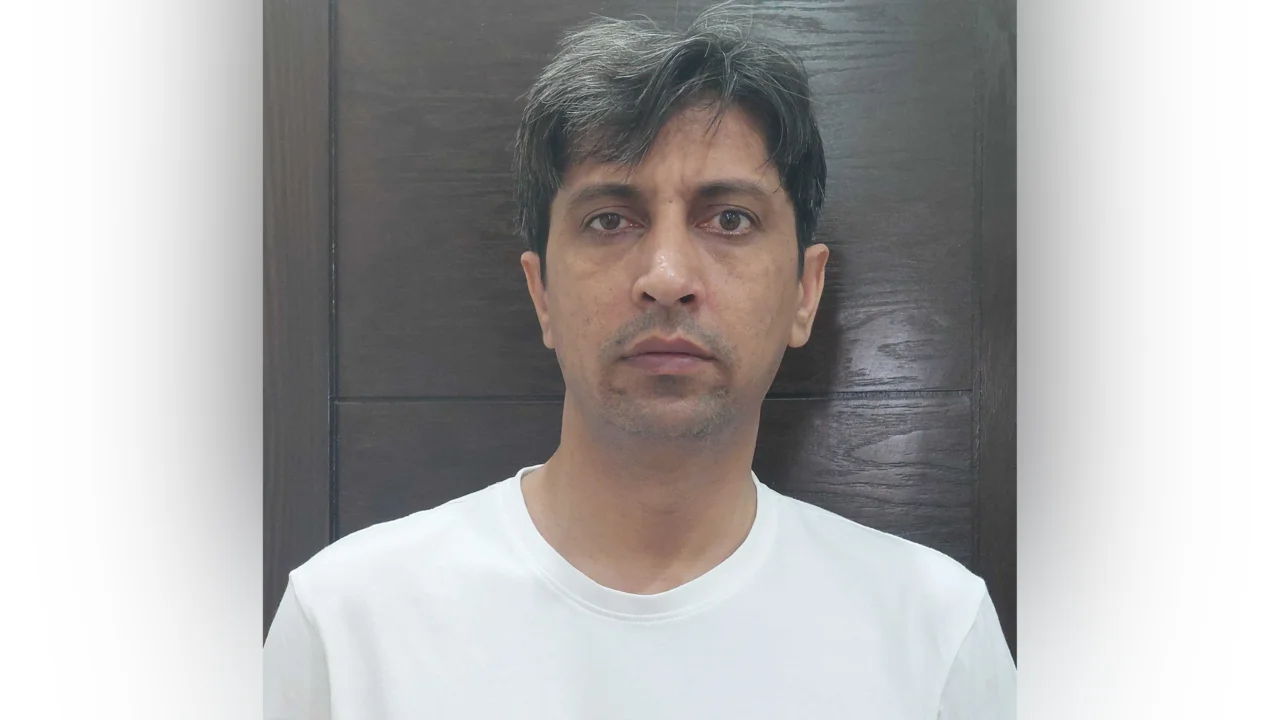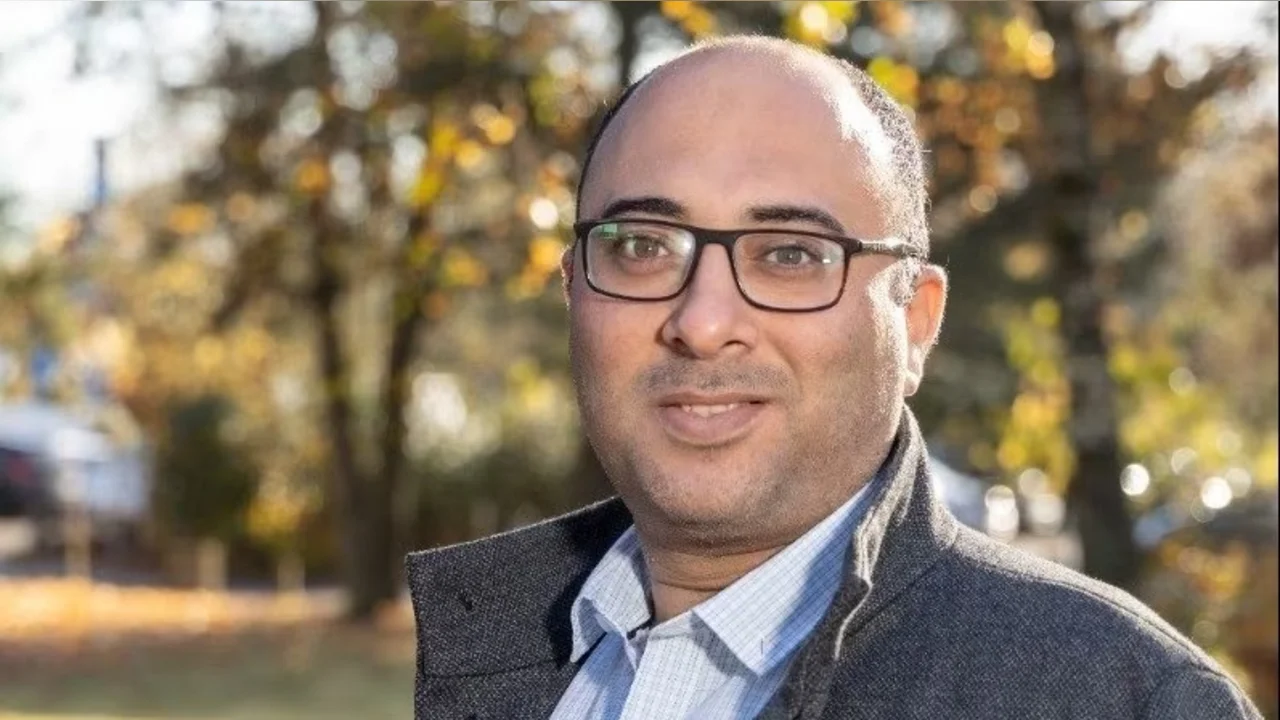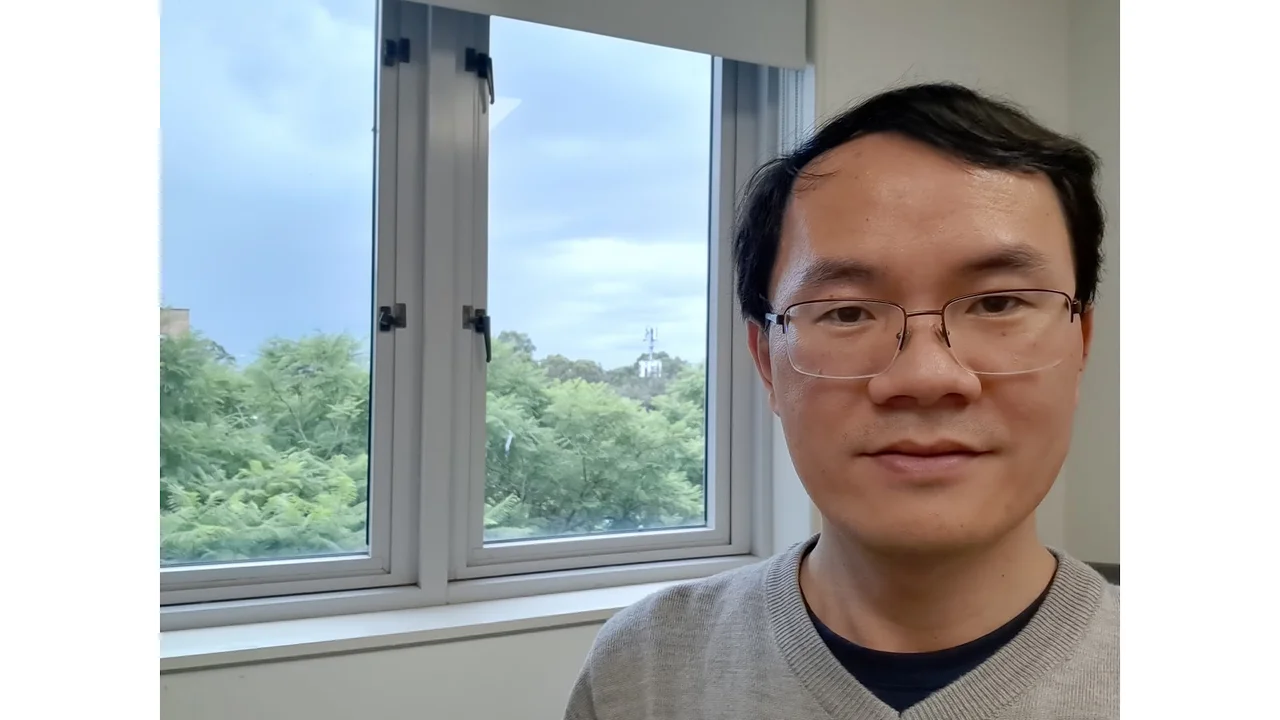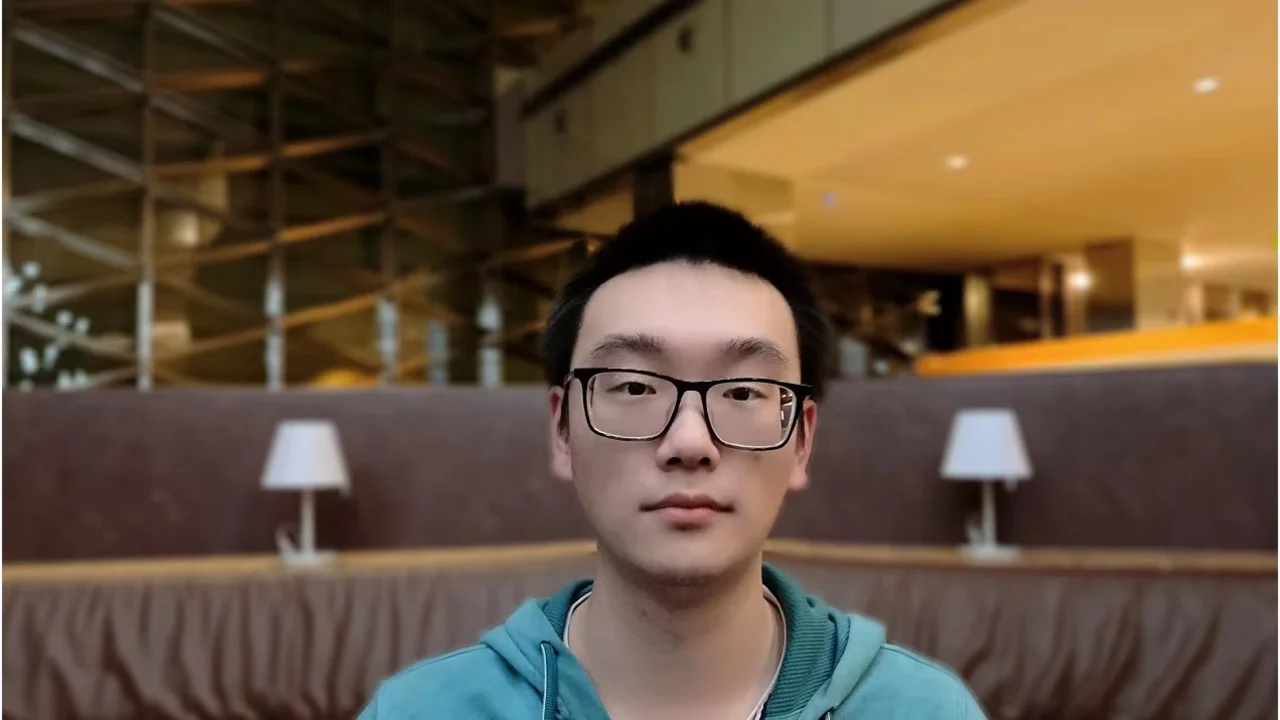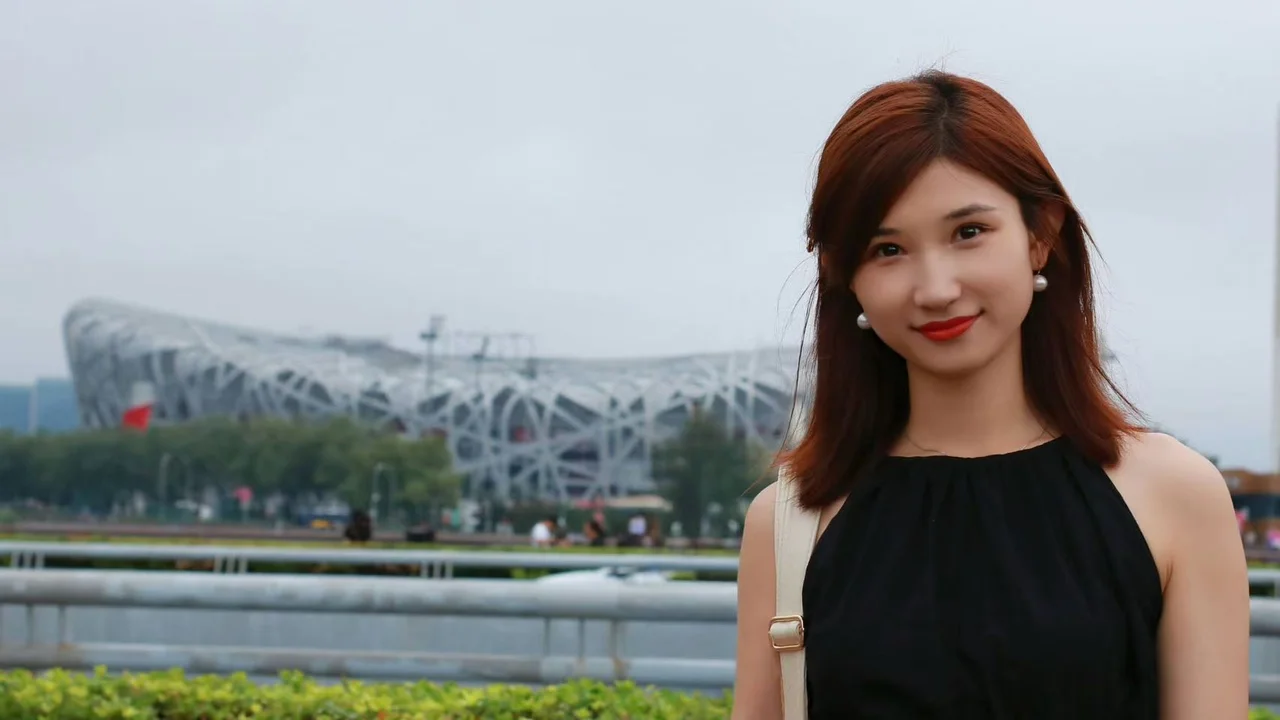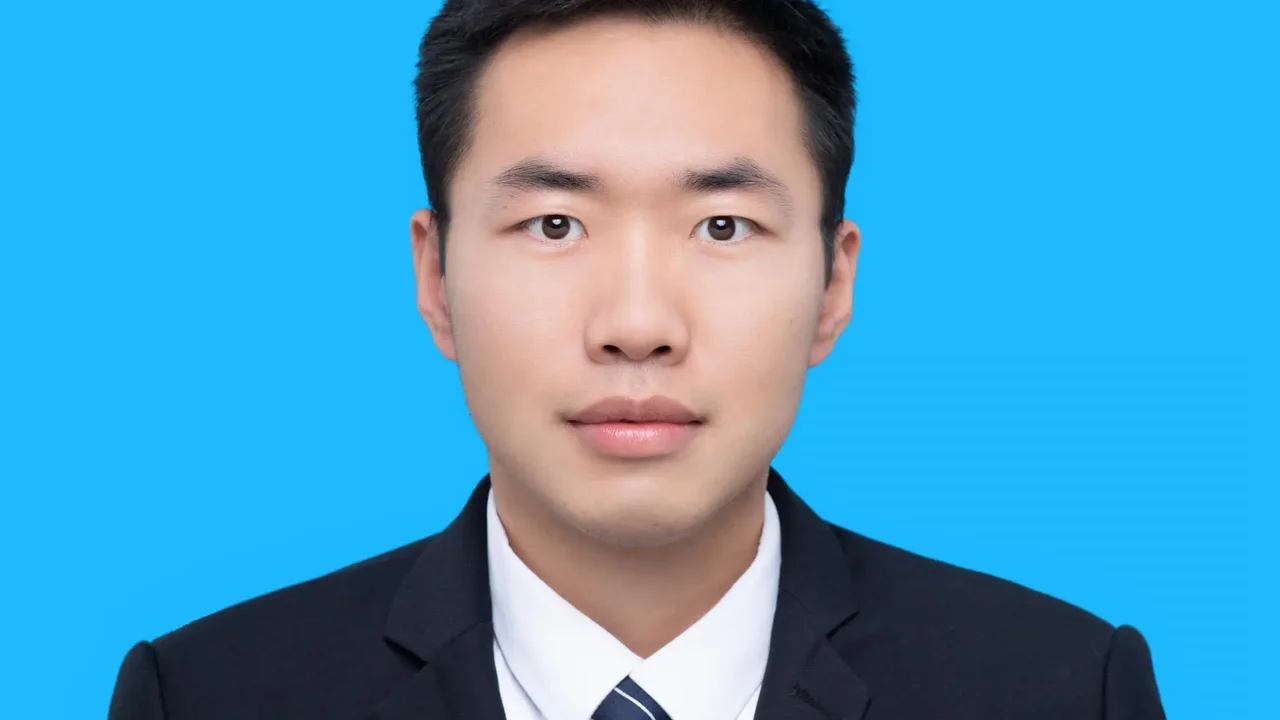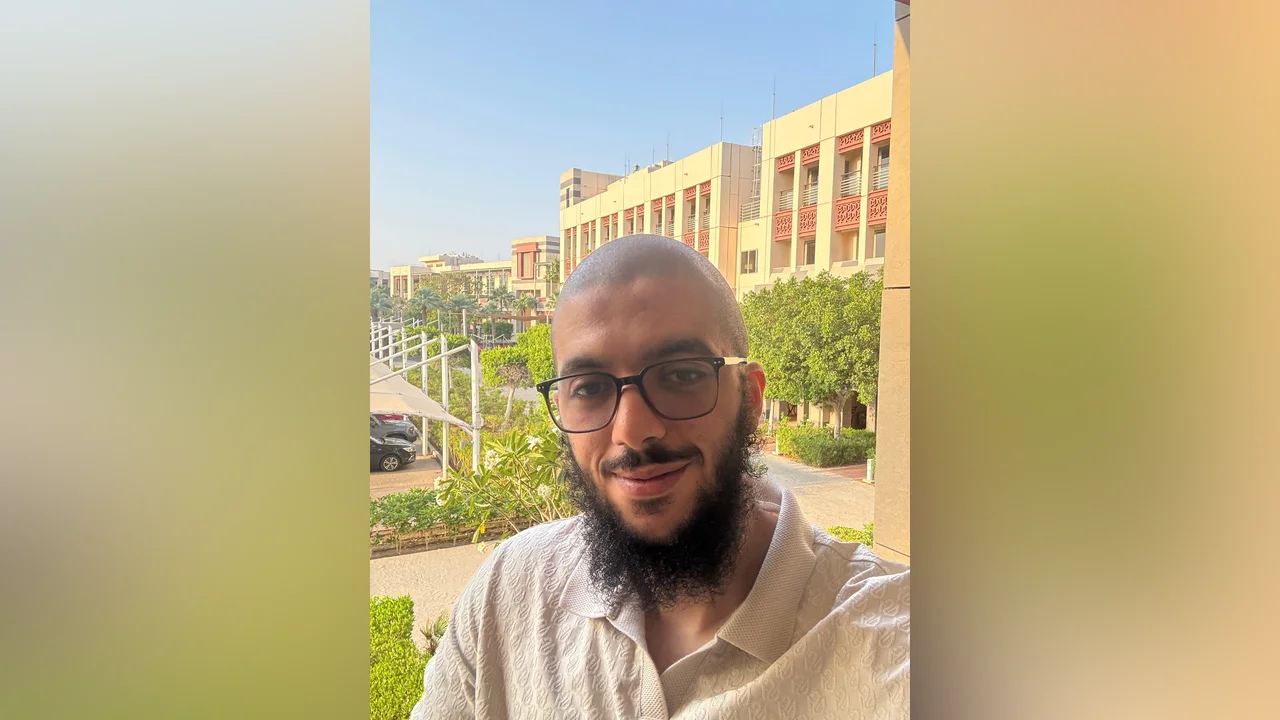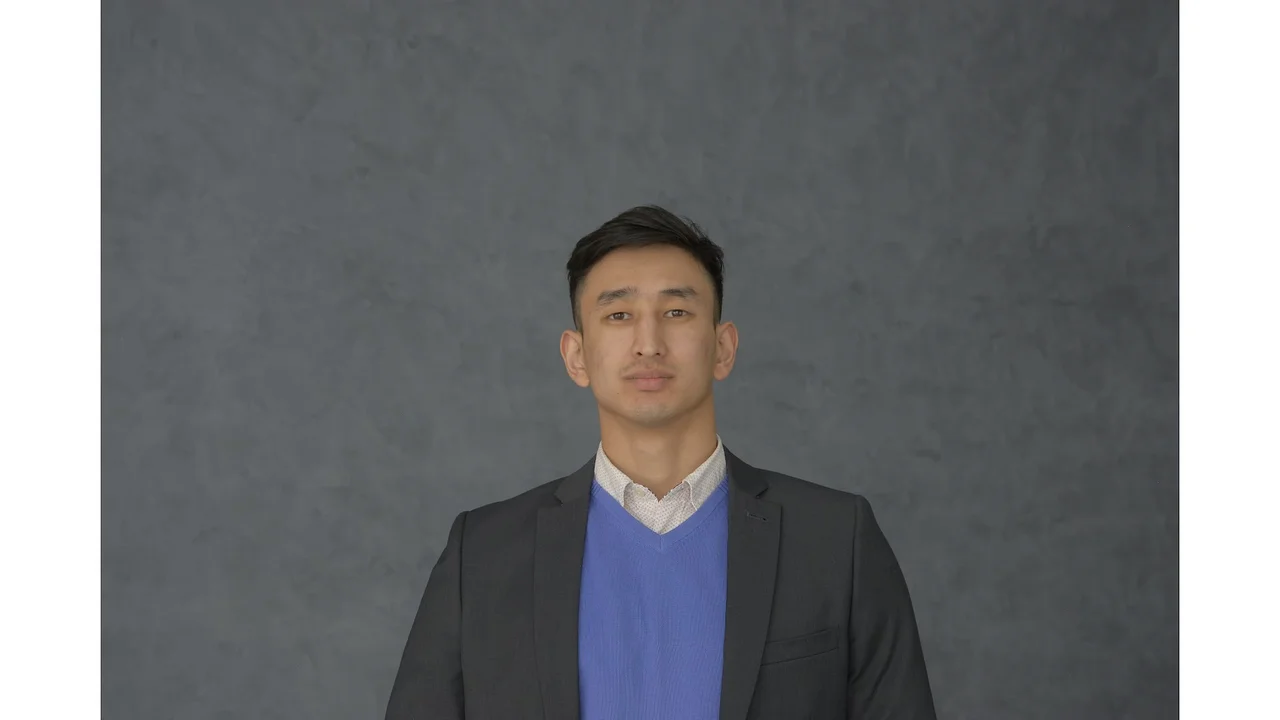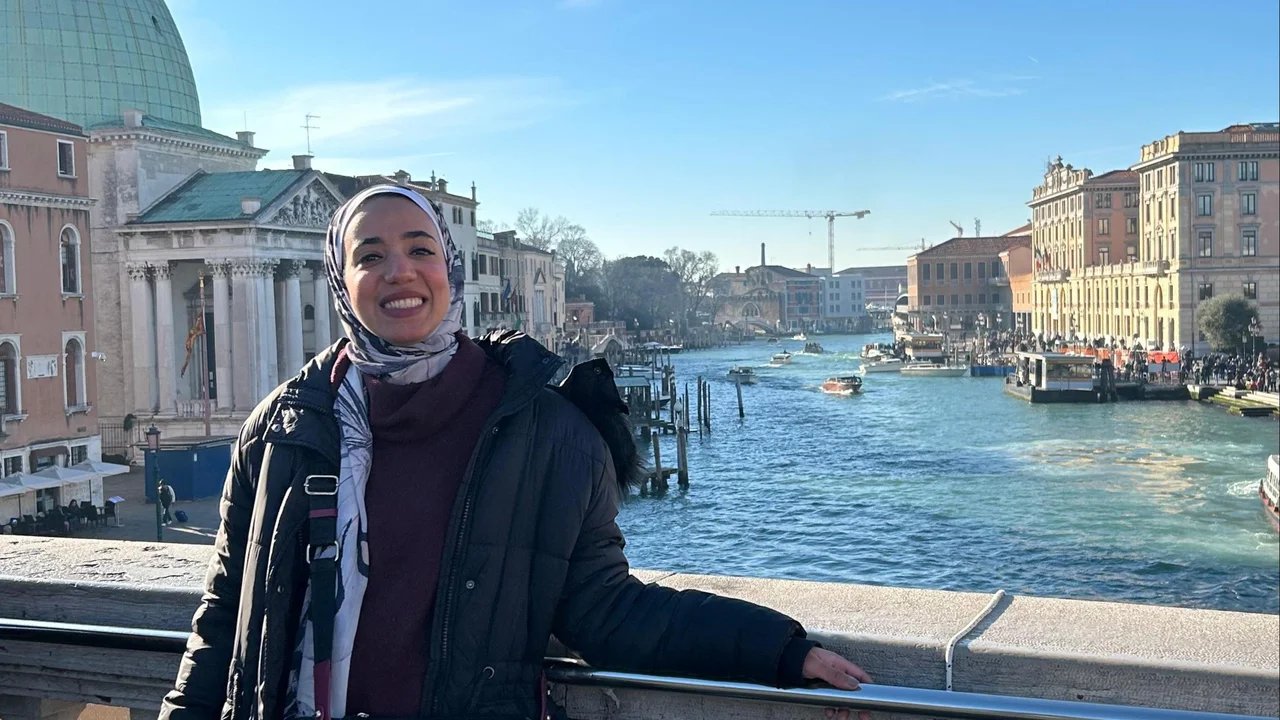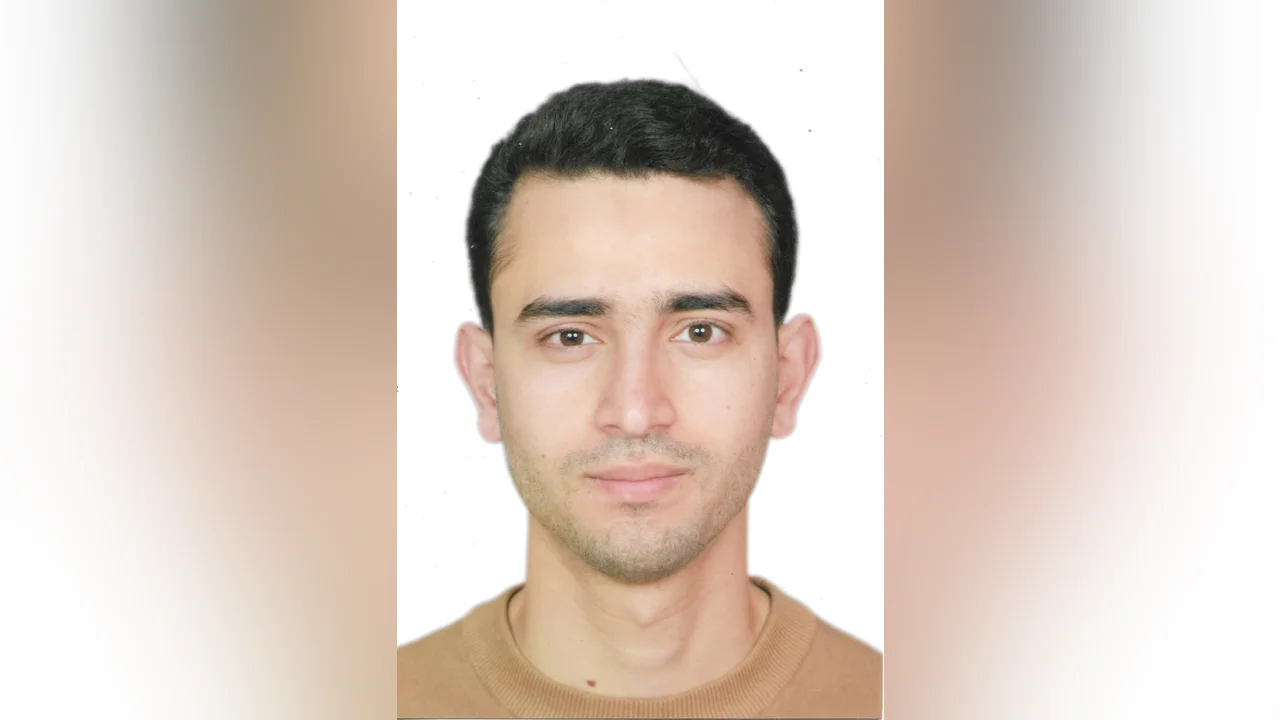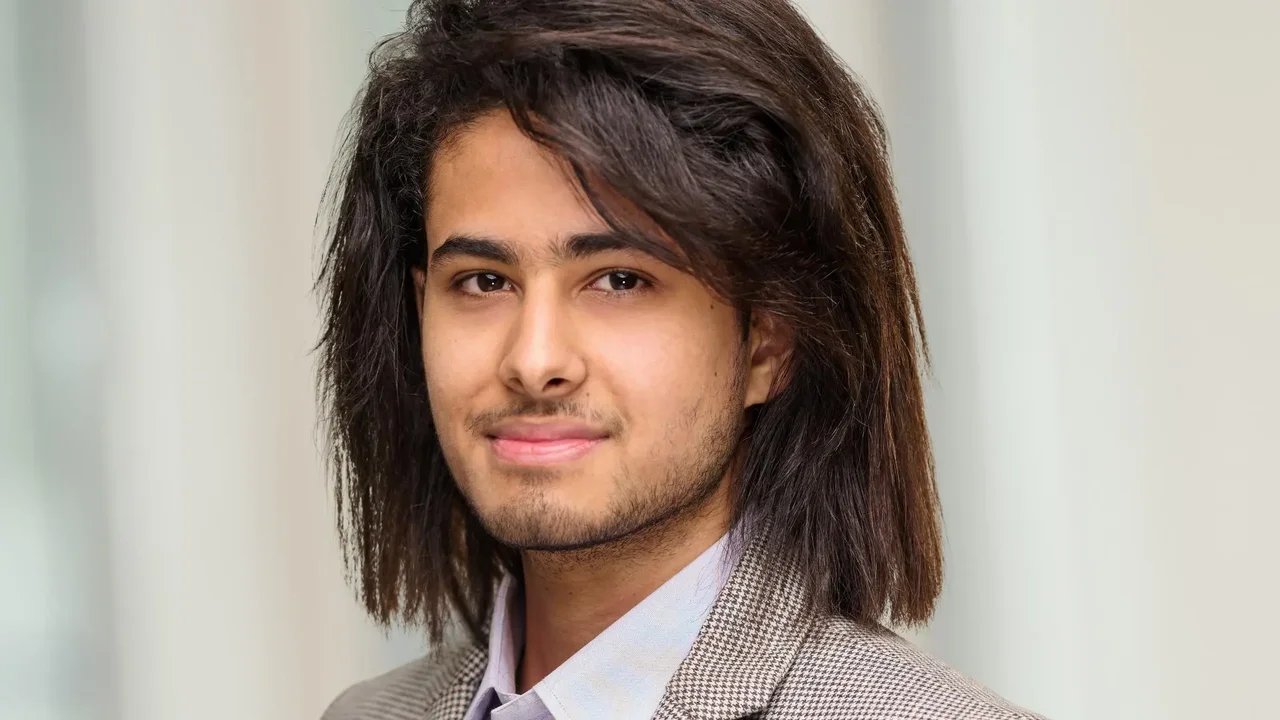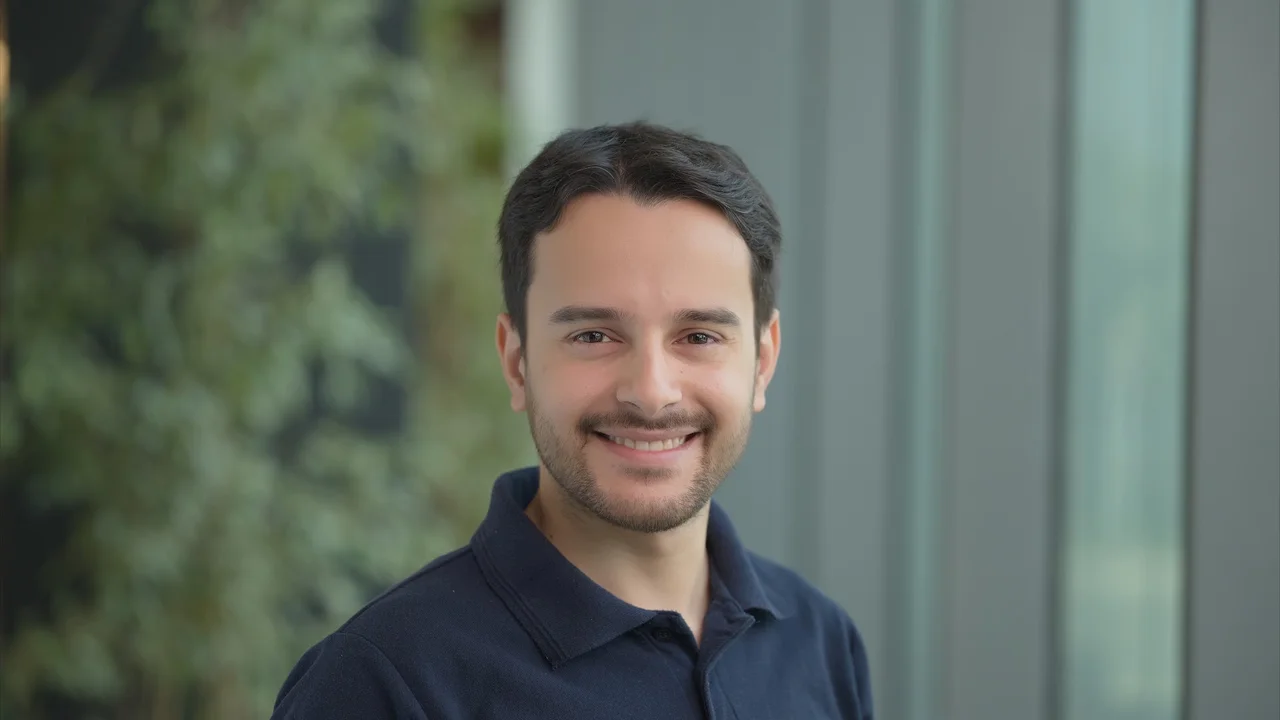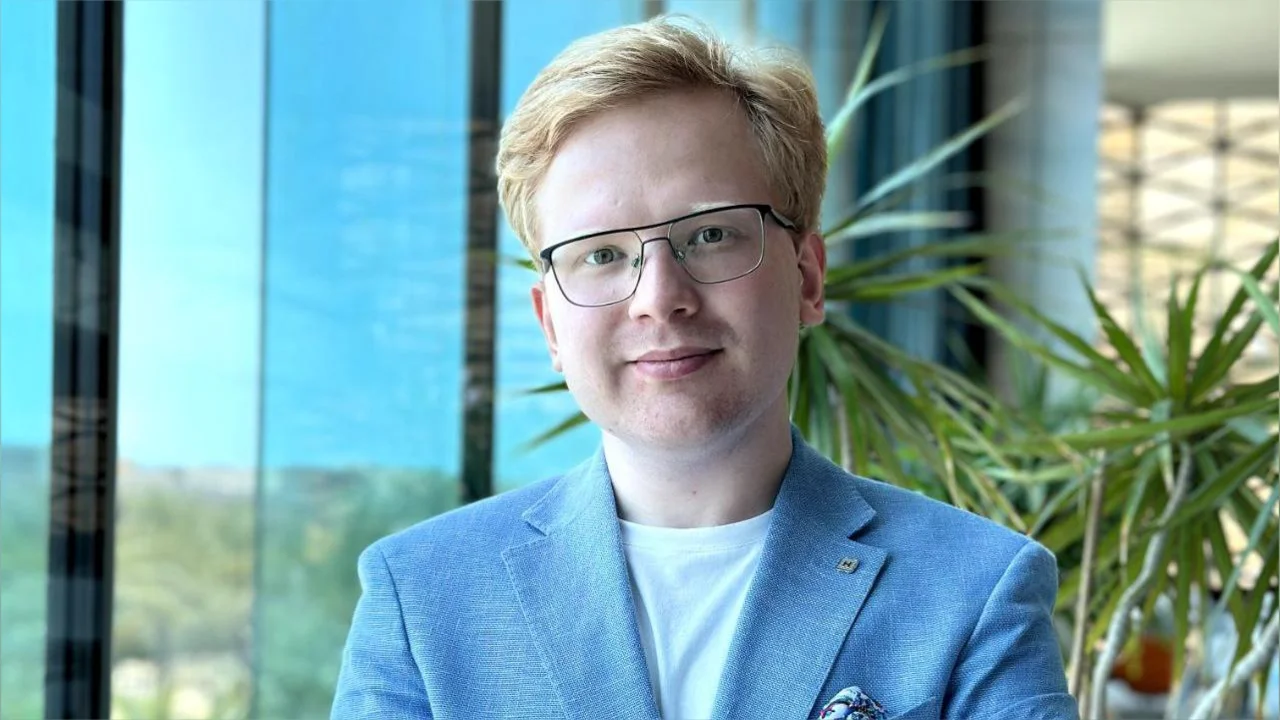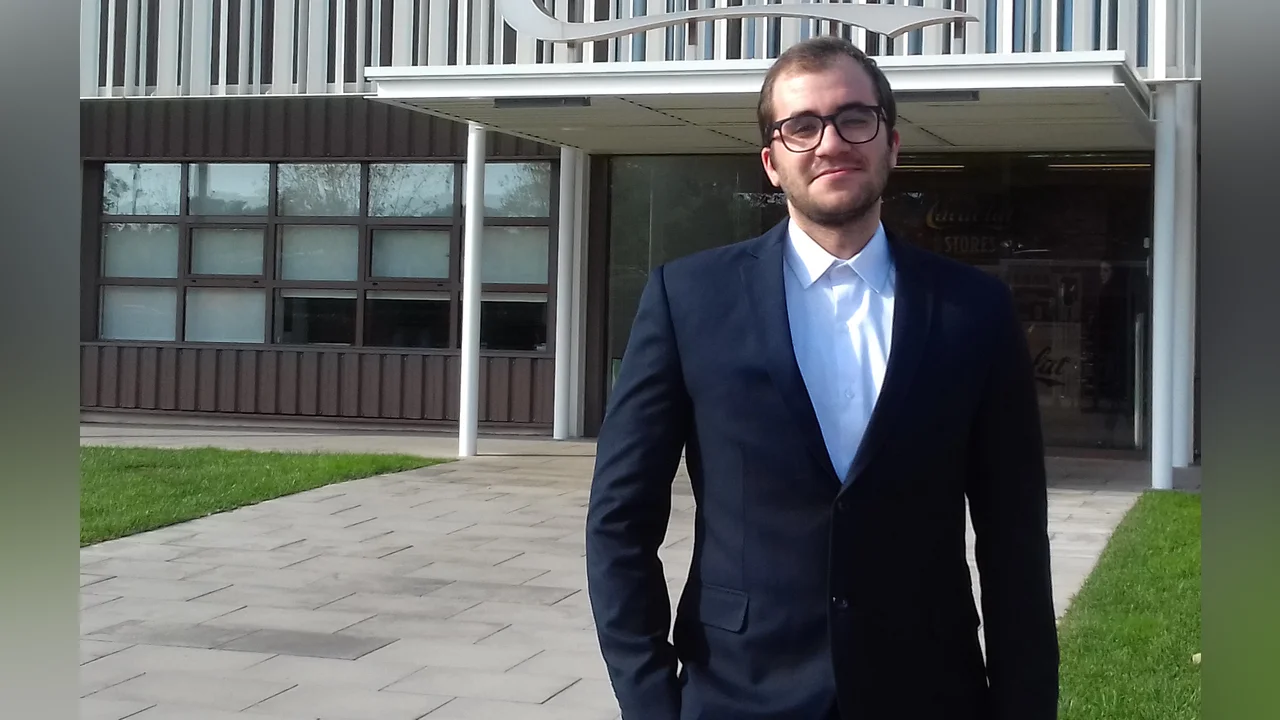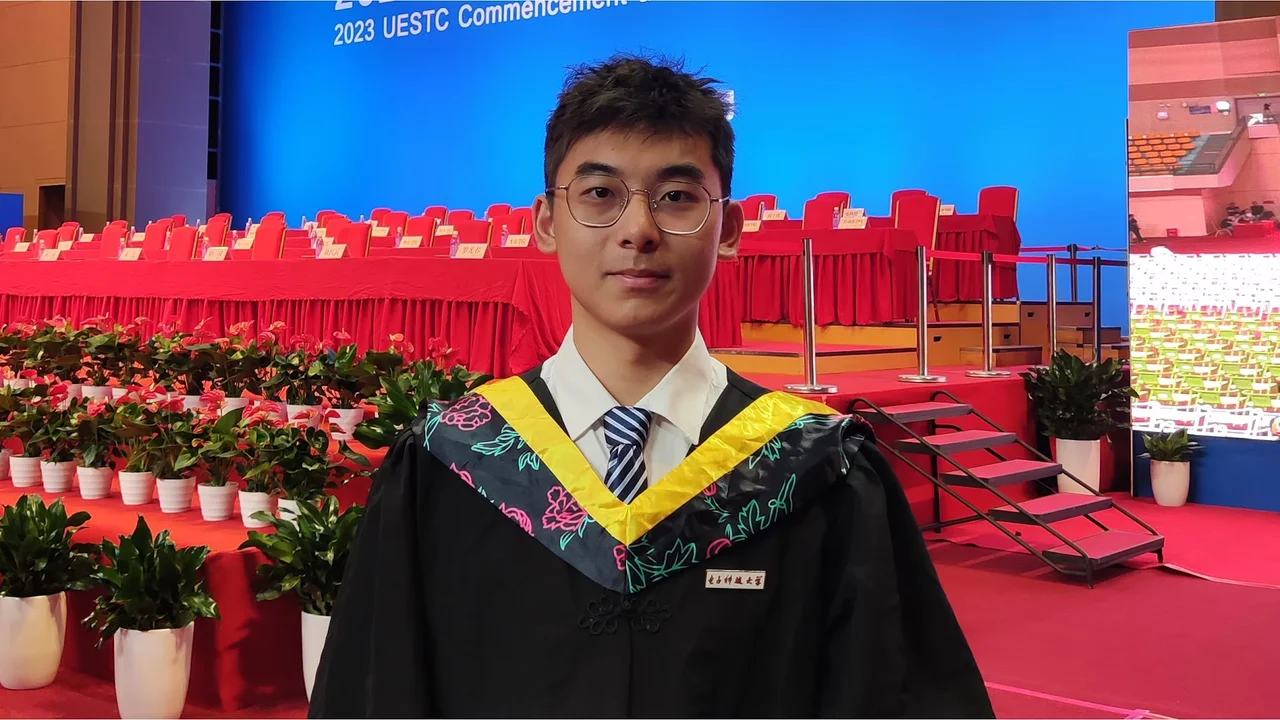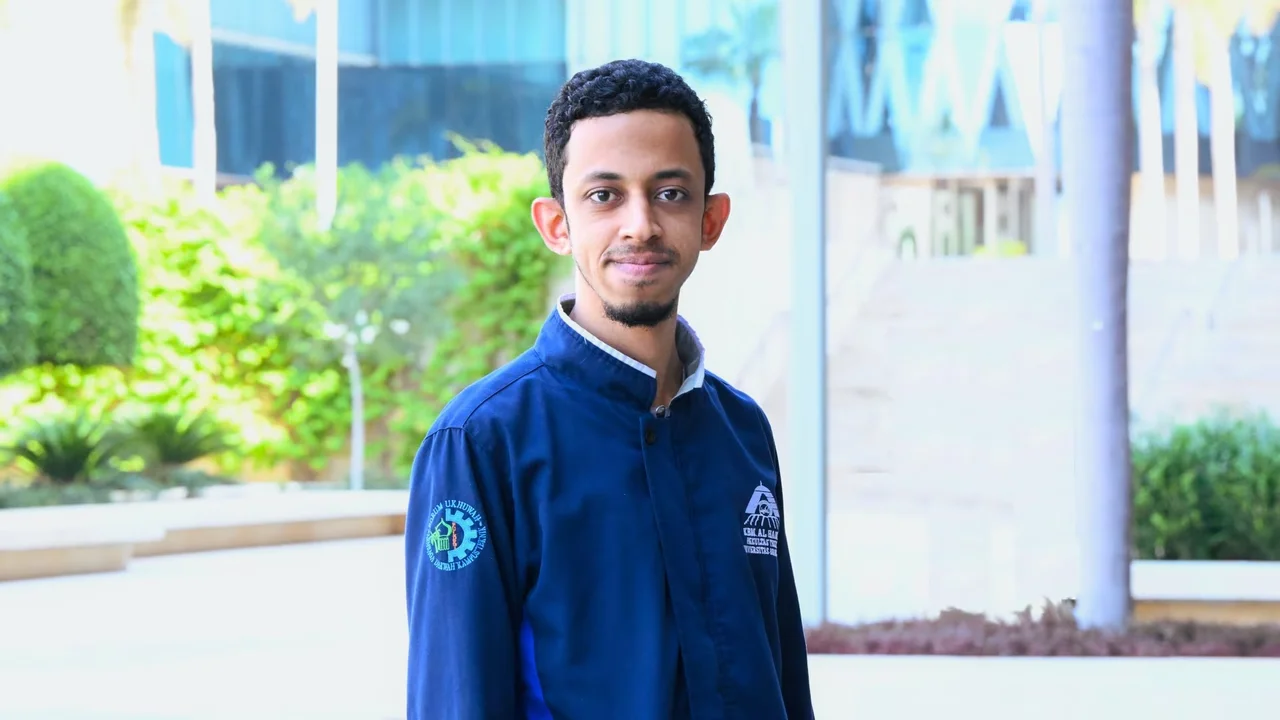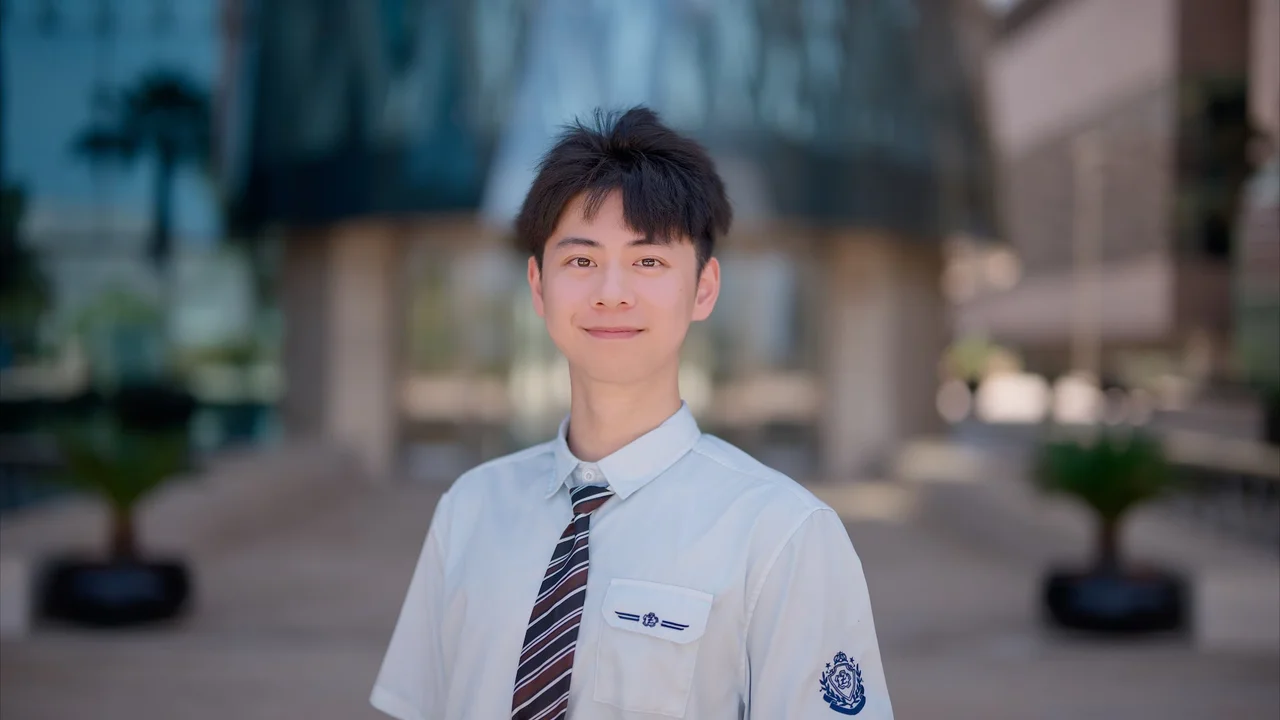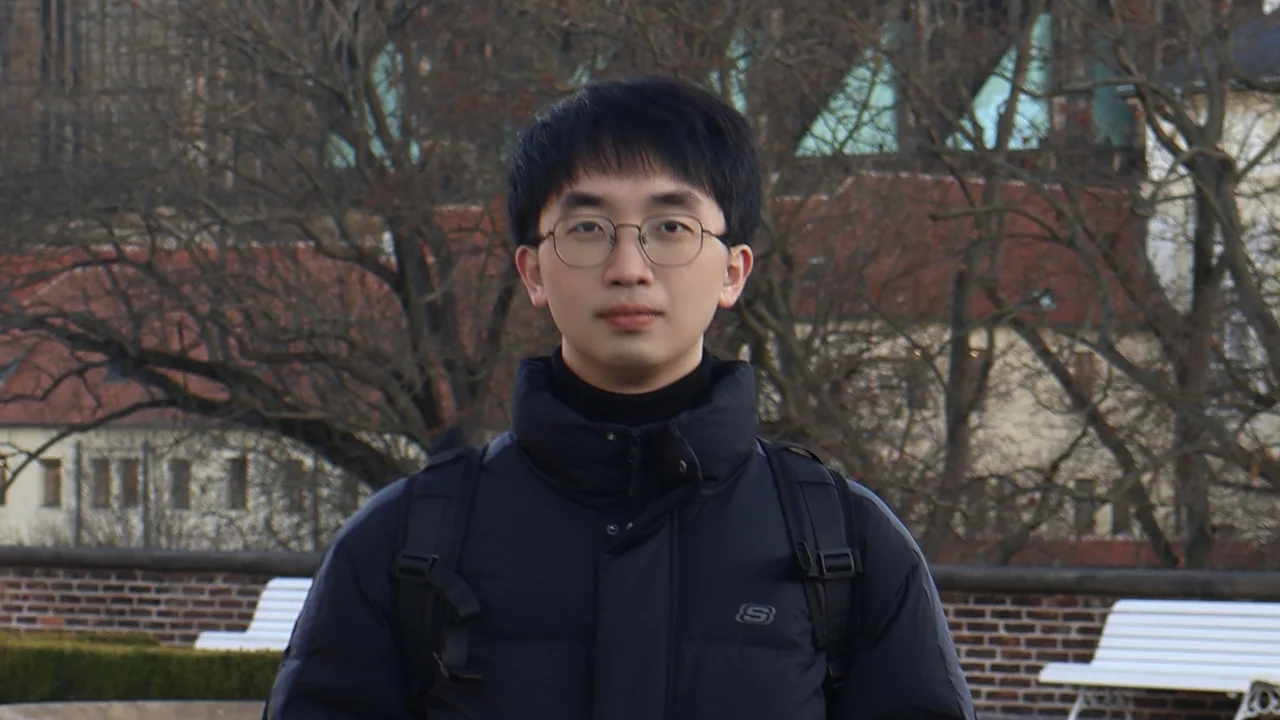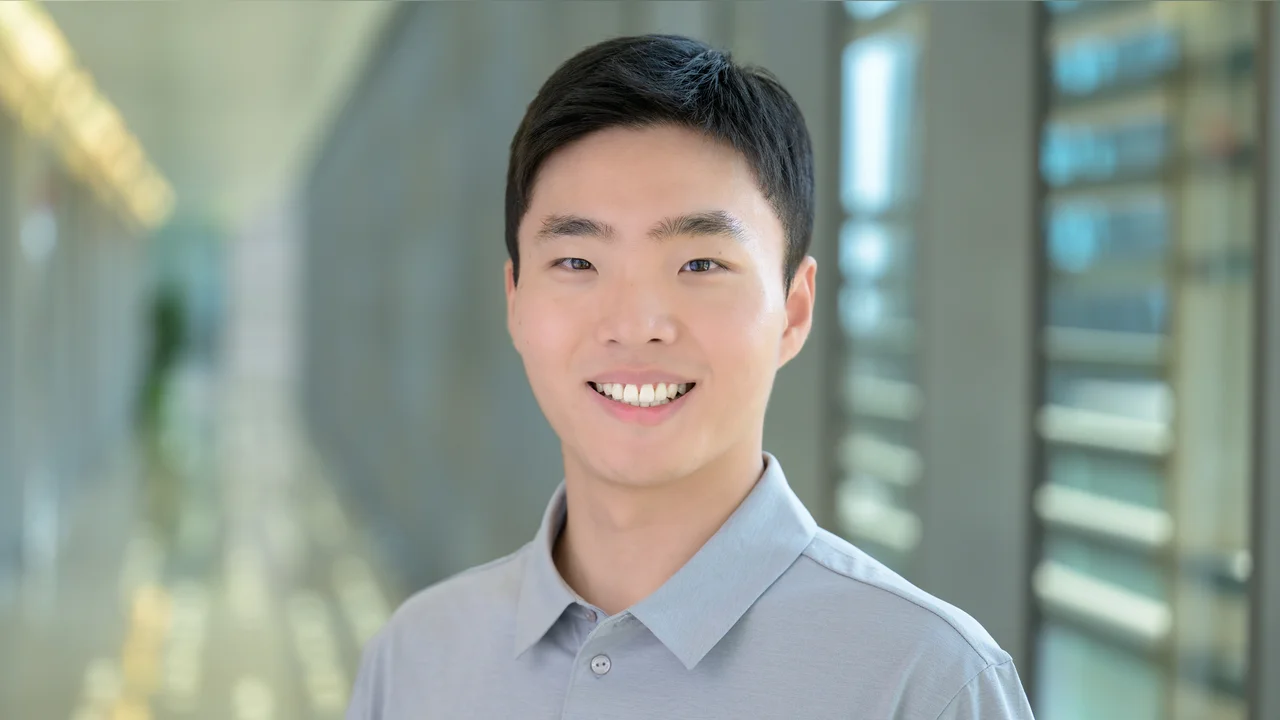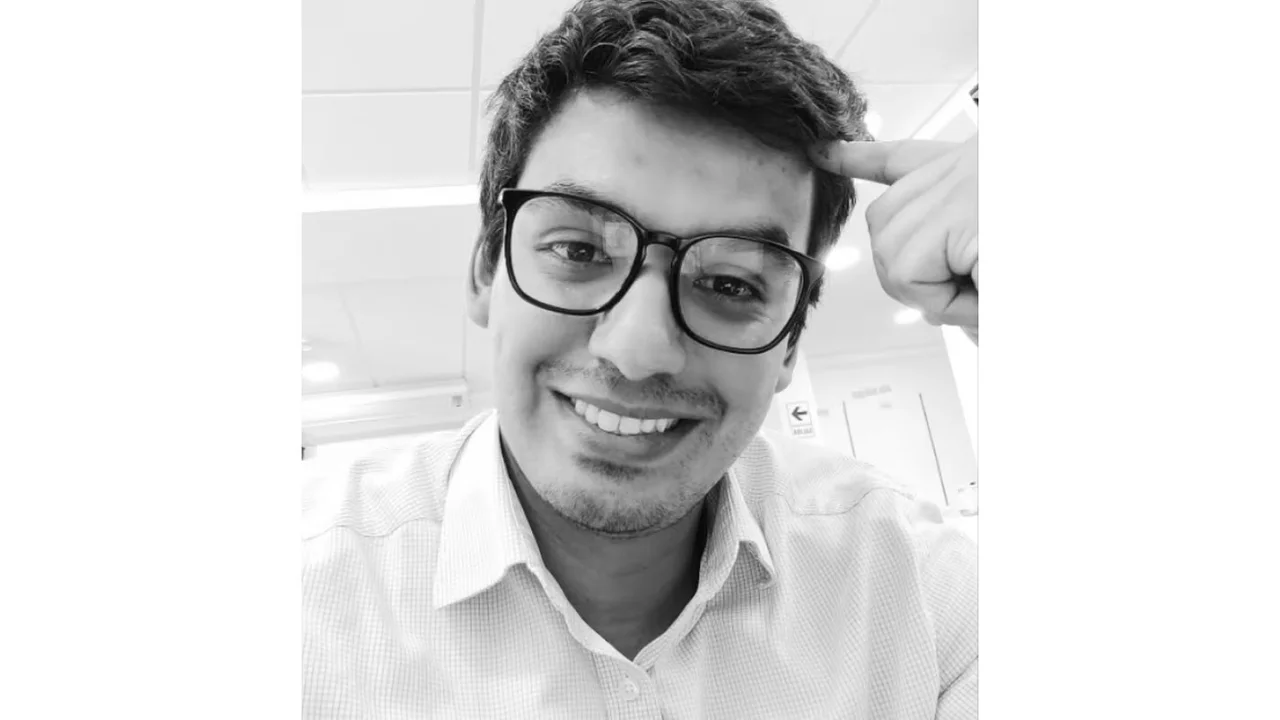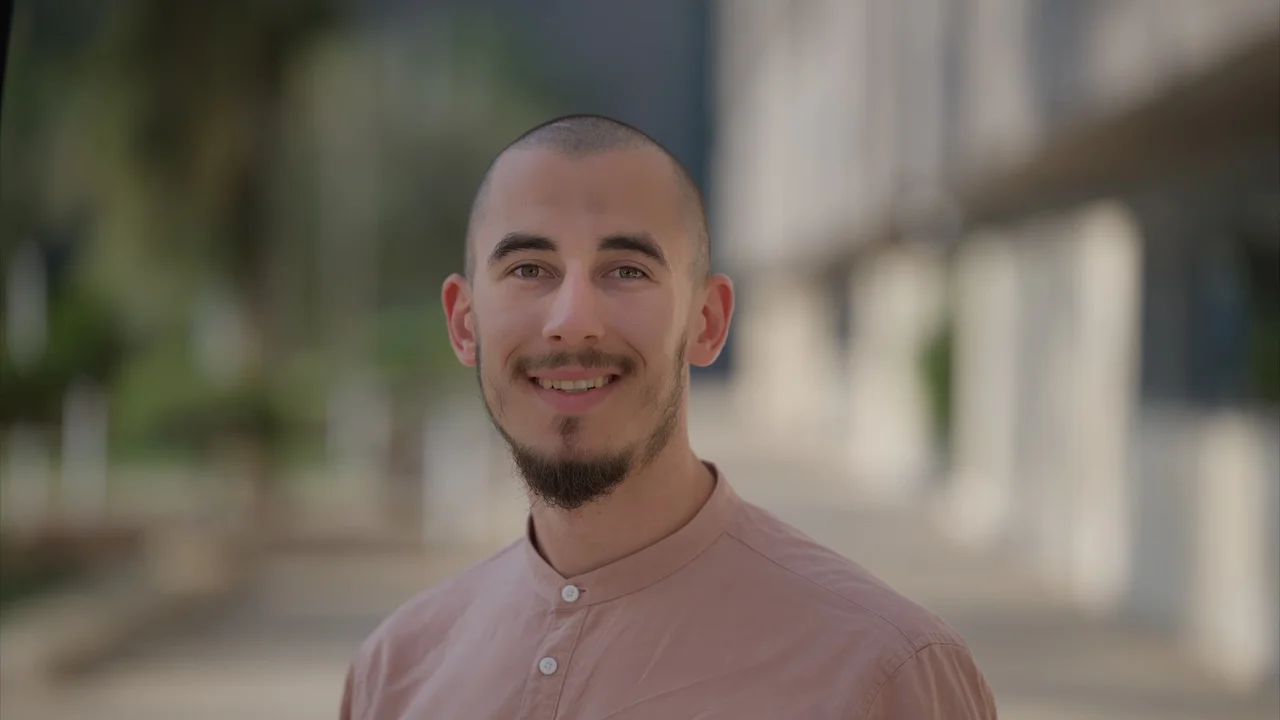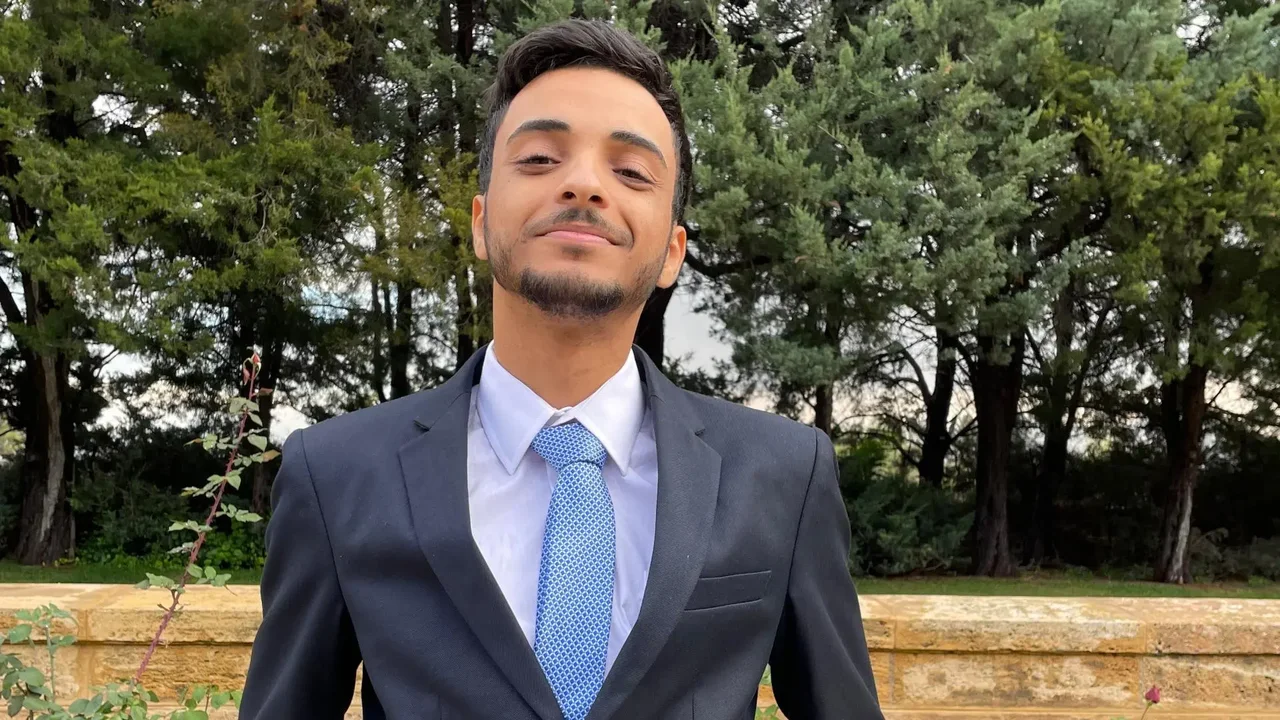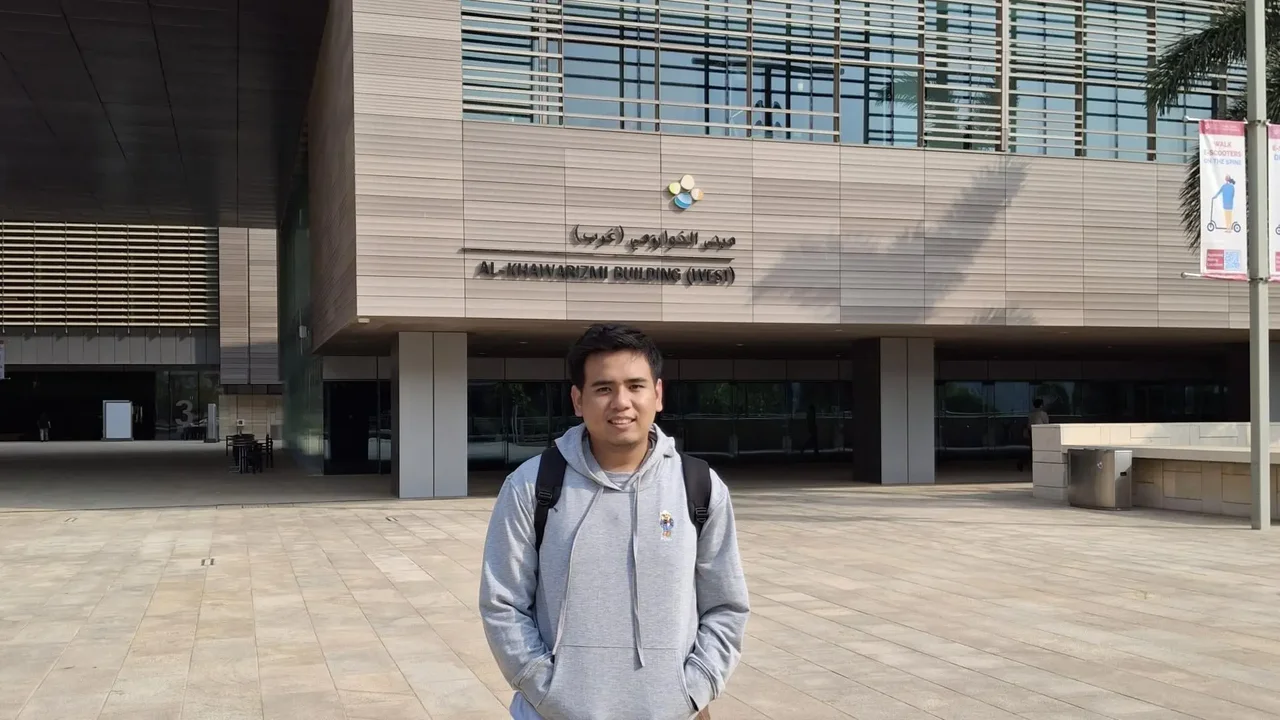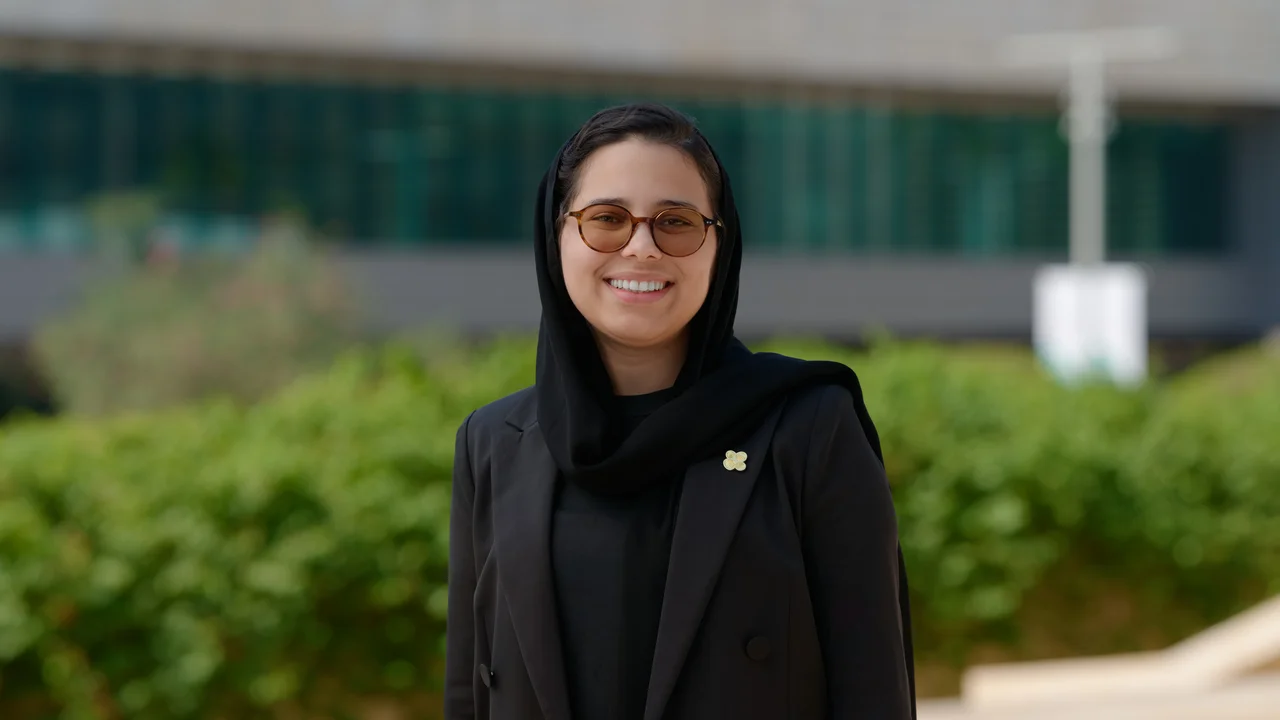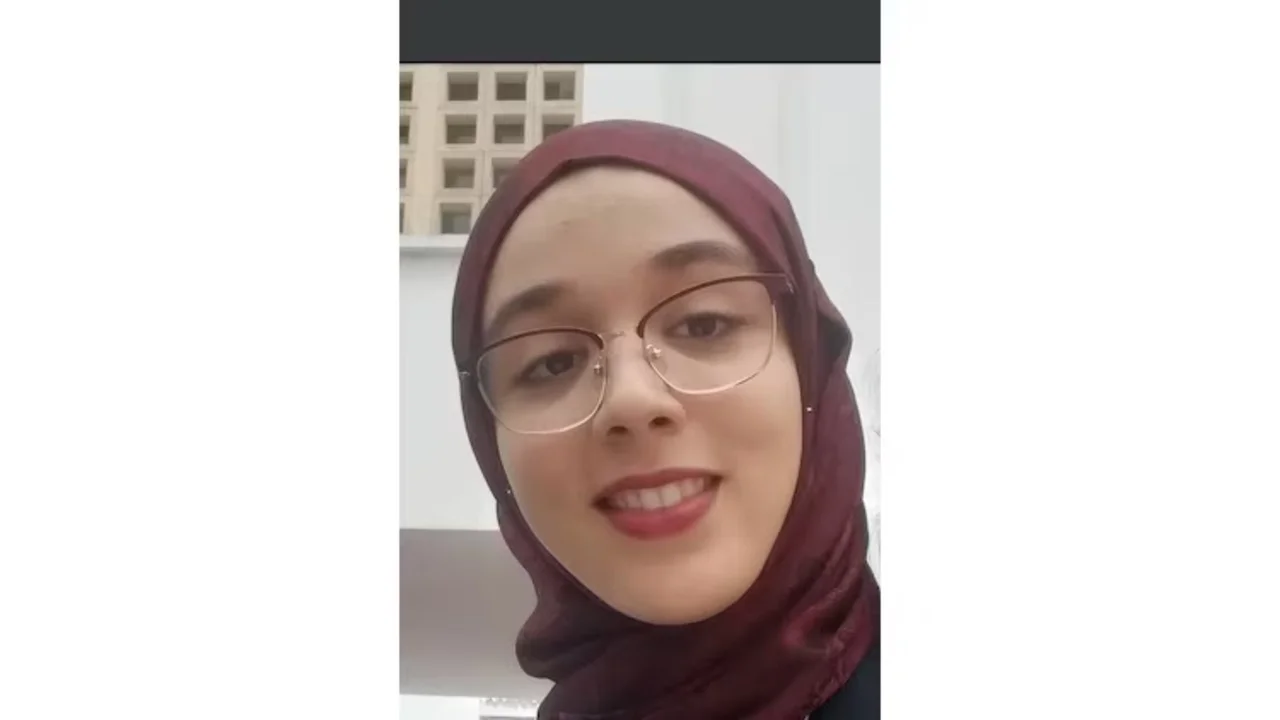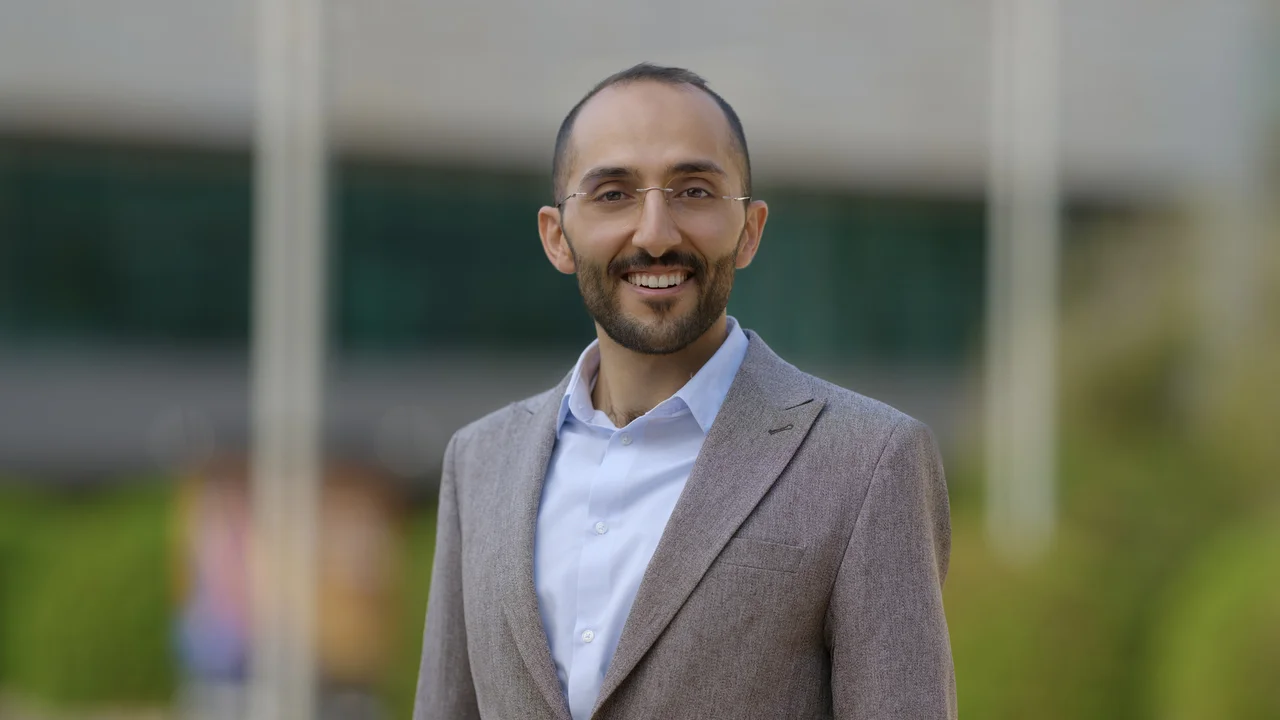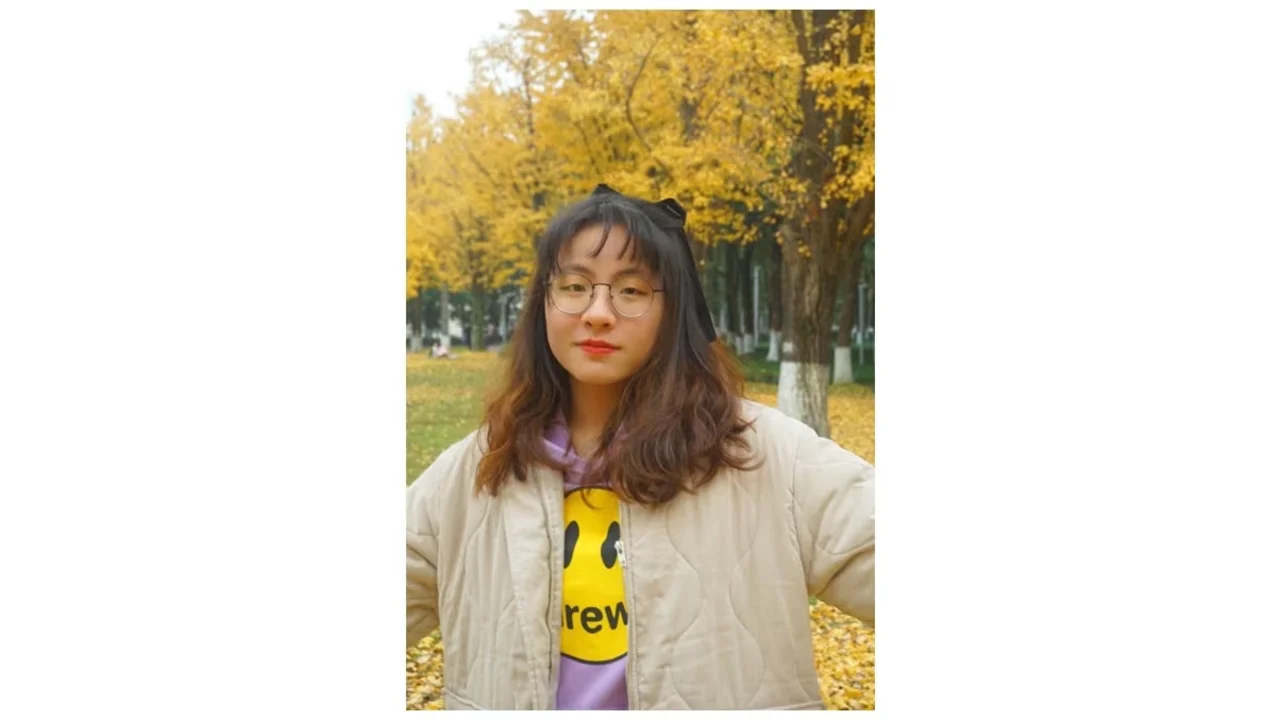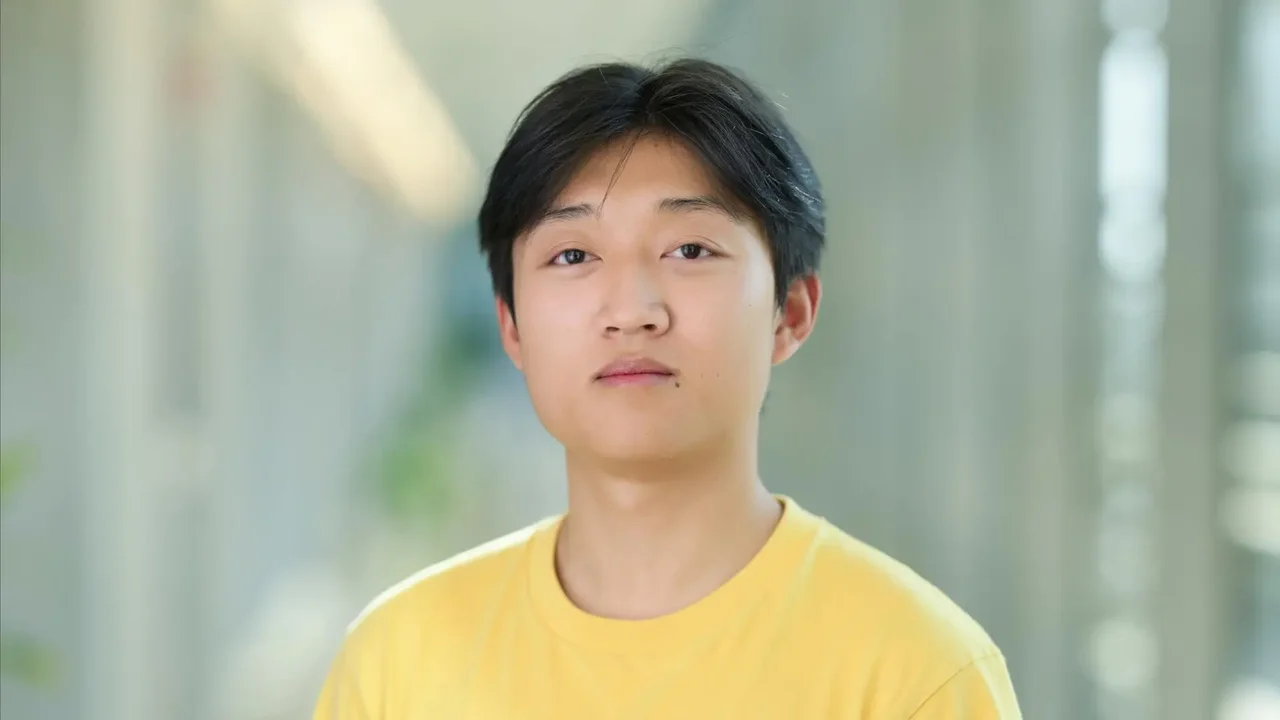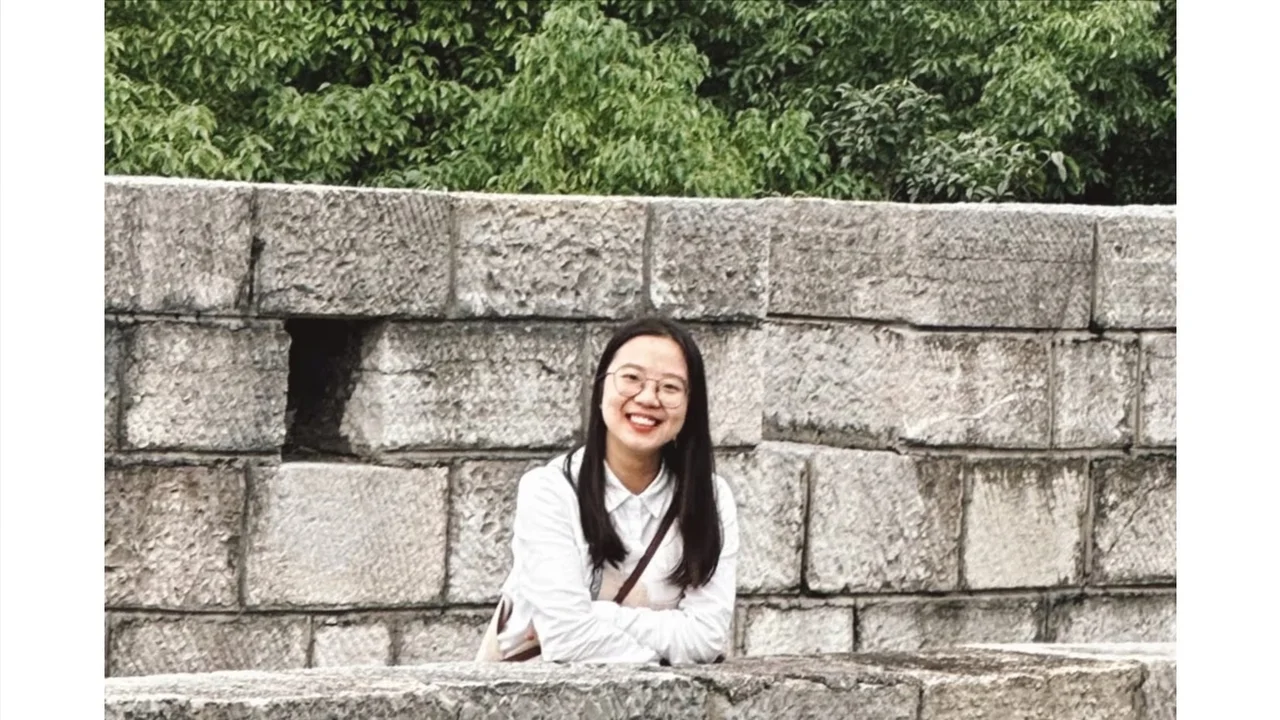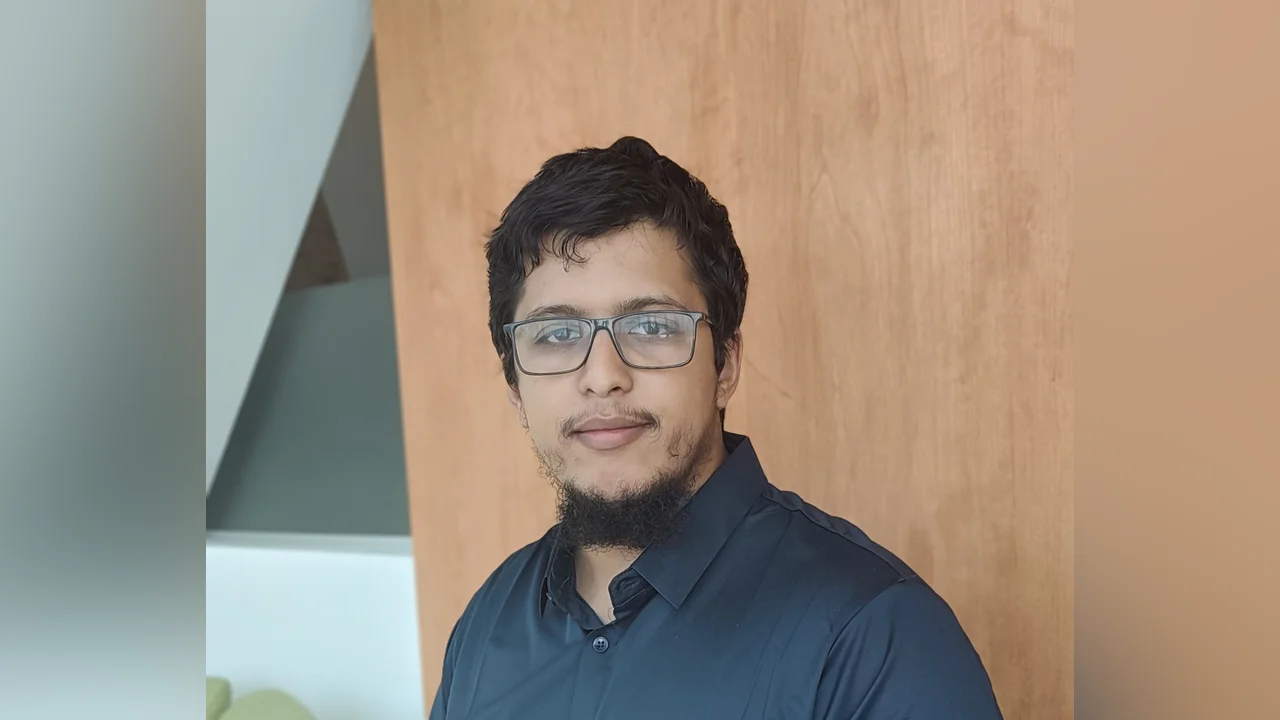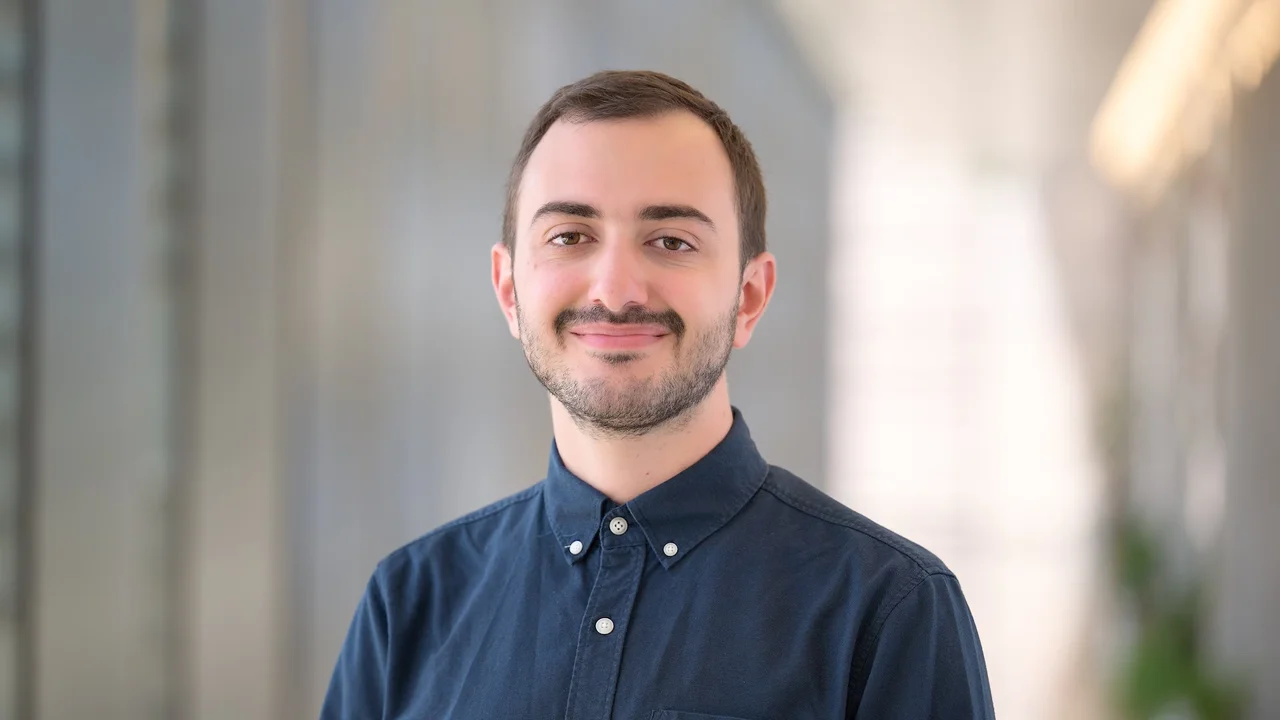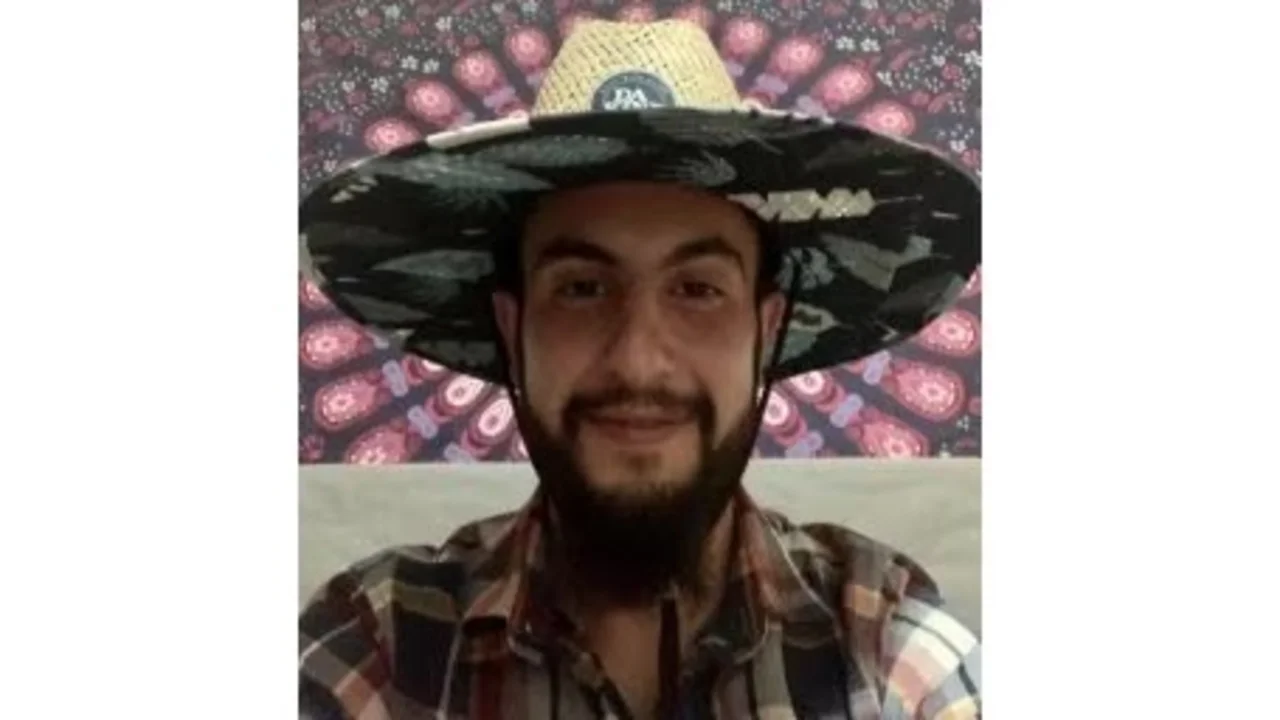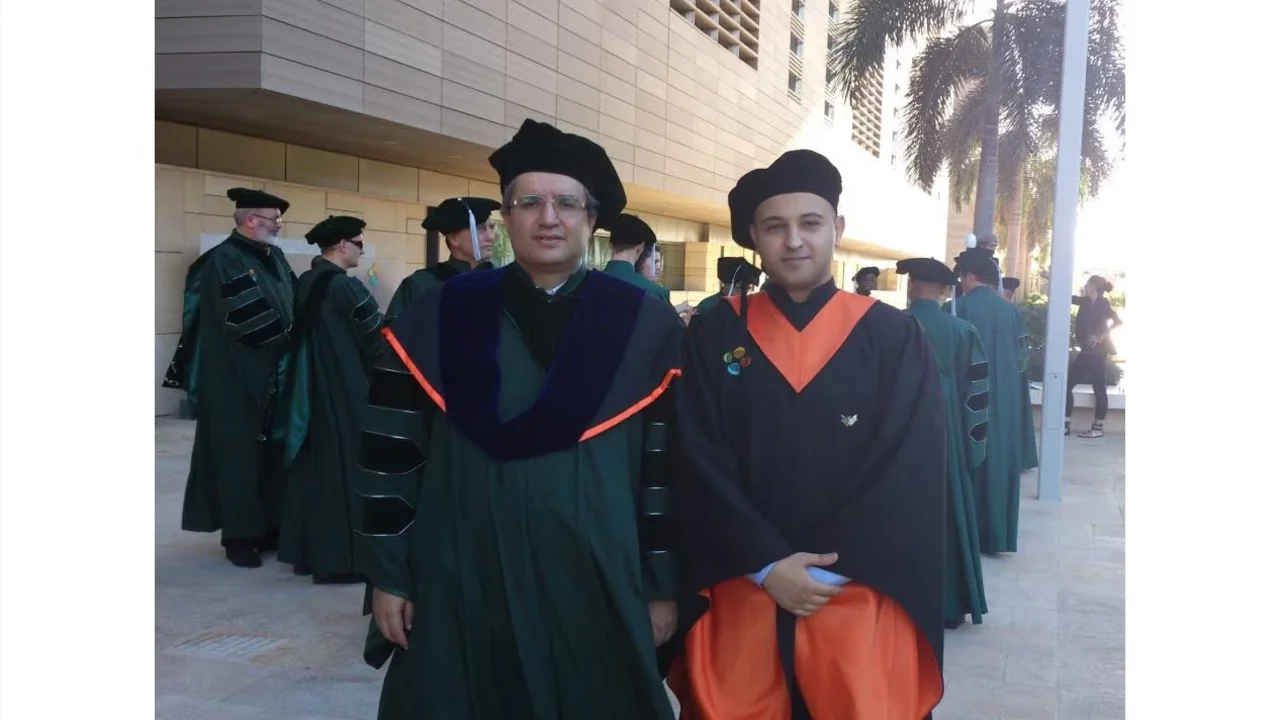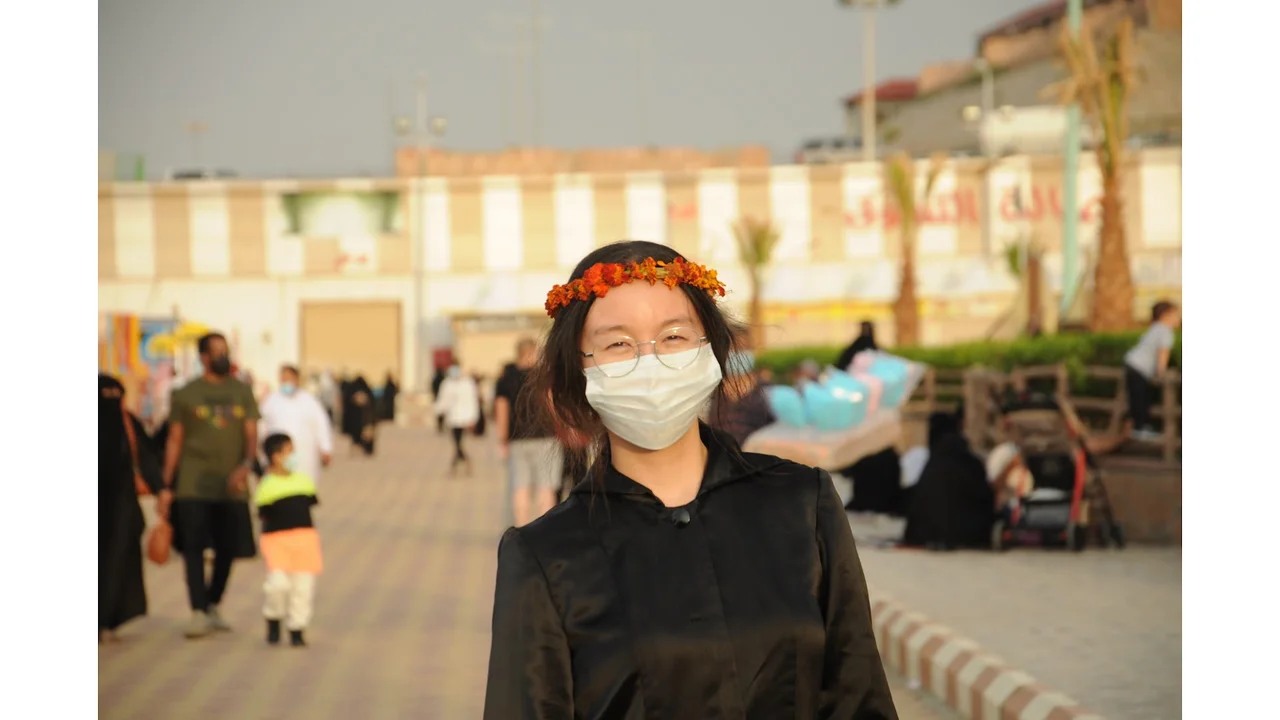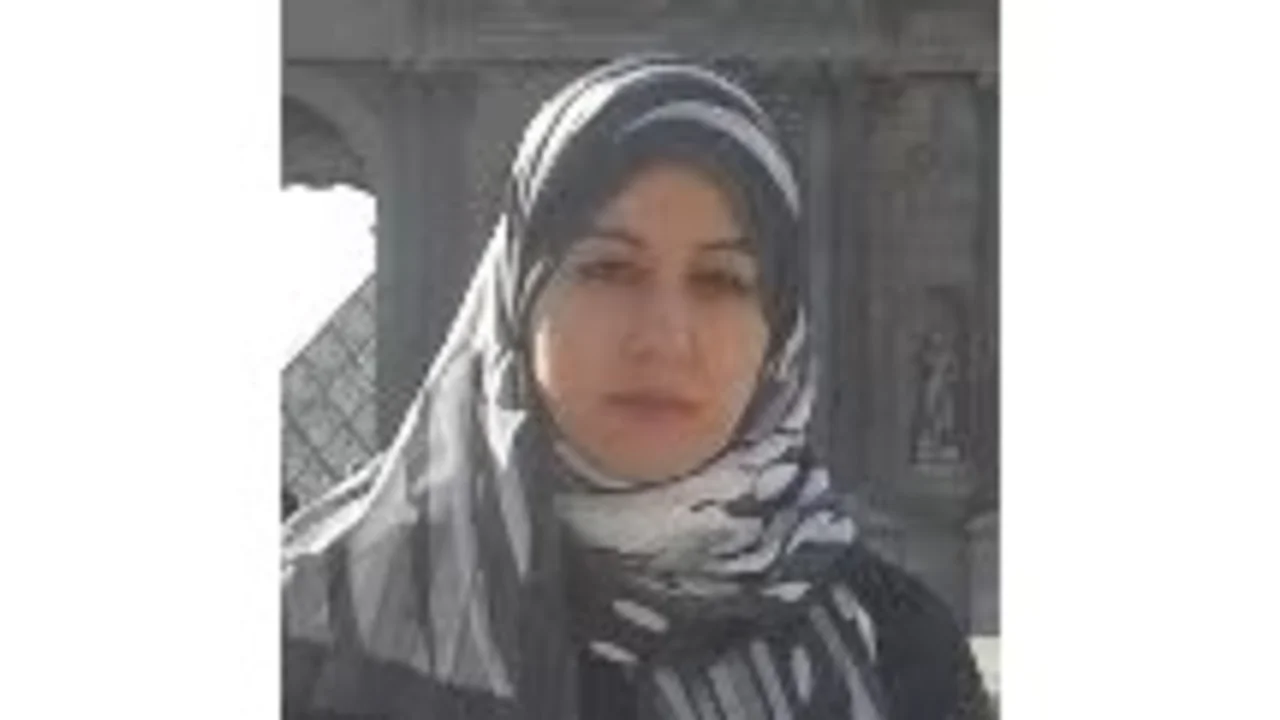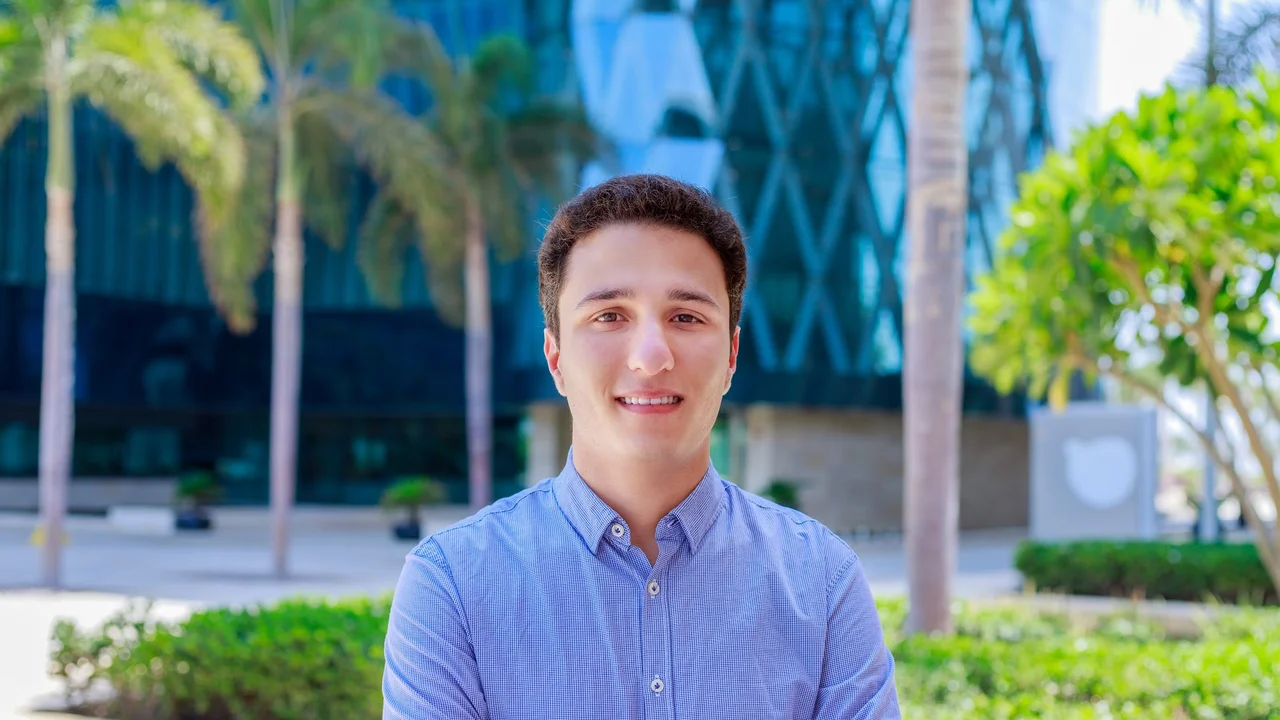Mohamed-Slim Alouini
- Al-Khawarzmi Distinguished Professor, Electrical and Computer Engineering
Biography
Throughout his 30-year academic career, Professor Mohamed-Slim Alouini, an IEEE, OPTICA, and SPIE Fellow, has developed analytical and simulation tools for evaluating the performance of radio-frequency and optical wireless communication systems. He has also designed and optimized innovative technologies for emerging wireless networks.
Professor Alouini, a co-founder of KAUST's ECE program, inspires future engineers through his pioneering work in wireless communications. His integrated space-air-ground networks, spectrum sharing schemes, and optical wireless communication systems research shape connectivity's future and embody KAUST's scientific excellence and global impact.
Professor Alouini has published numerous conference and journal papers and co-authored the textbook Digital Communication over Fading Channels, published by Wiley Interscience. A former editor of IEEE Transactions on Communications and IEEE Transactions on Wireless Communication, he also served as an editor for IEEE Transactions on Mobile Computing and the Wireless Communications and Mobile Computing journal. He was also a series editor for the IEEE Communication Magazine's Optical Communication and Networks Special Series and the founding field chief editor for the Frontiers in Communications and Networks journal. He is now the Founding Editor-in-Chief for the Nature Partnership Journal (npj) on Wireless Technologies (since 2025) and an editor for the IEEE Transactions on Aerospace and Electronics Systems (since 2022).
Professor Alouini has been an IEEE Distinguished Lecturer for the IEEE Communication Society (2016-2017), the IEEE Vehicular Technology Society (2018-2022), the IEEE Aerospace and Electronic Systems Society (2023-2024), the IEEE Photonics Society (2025), and the IEEE Society on Social Implications of Technology (2026-Present).
Research Interests
In addition to diversity combining techniques and MIMO techniques, Professor Alouini is interested in multi-hop and cooperative communications, optical wireless communication systems, cognitive radio systems, green communication systems, underwater/maritime communication systems, and integrated ground-airborne-space networks for research.
Professor Alouini is actively working on addressing the uneven global distribution, access to, and use of information and communication technologies (ICT) by studying and developing new generations of aerial and space networks as a solution to provide connectivity to rural, low-income, disaster-prone, and/or hard-to-reach areas.
His KAUST Communication Theory Lab (CTL) investigates viable solutions to minimize ICT costs by (i) capitalizing on emerging and new solutions that operate within the unlicensed radio frequency spectrum and by (ii) deploying a variety of aerial and space-based networks.
